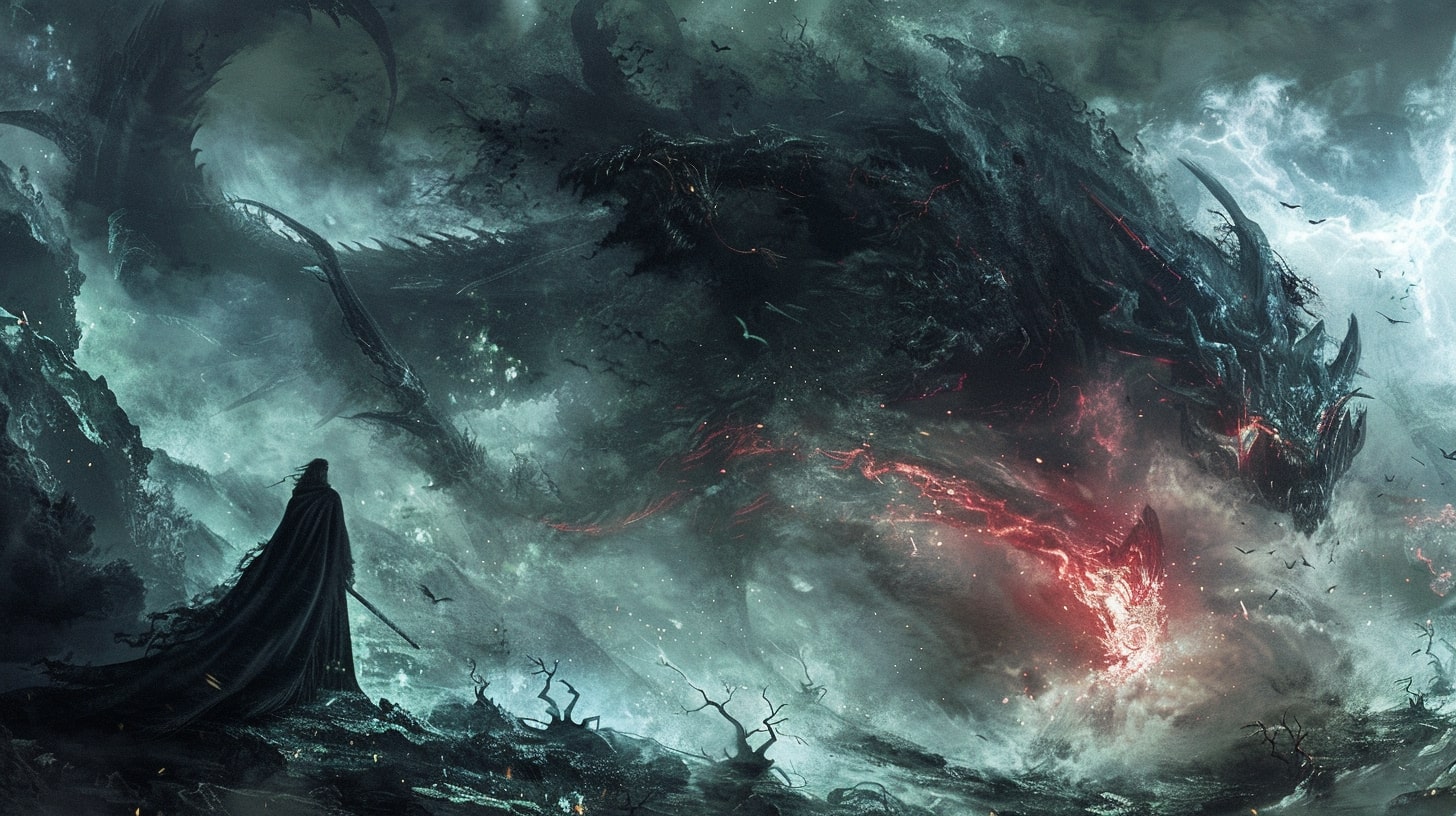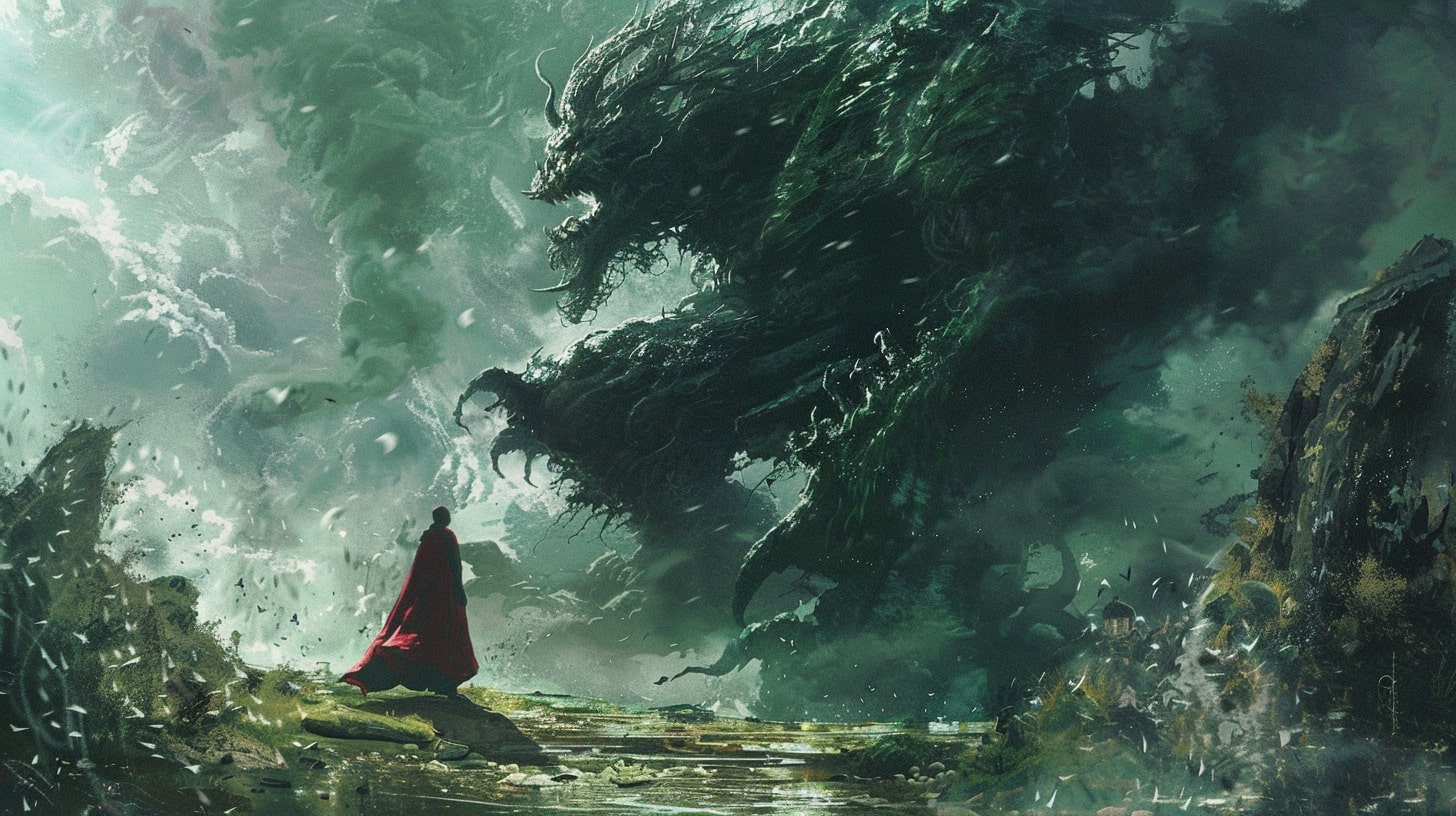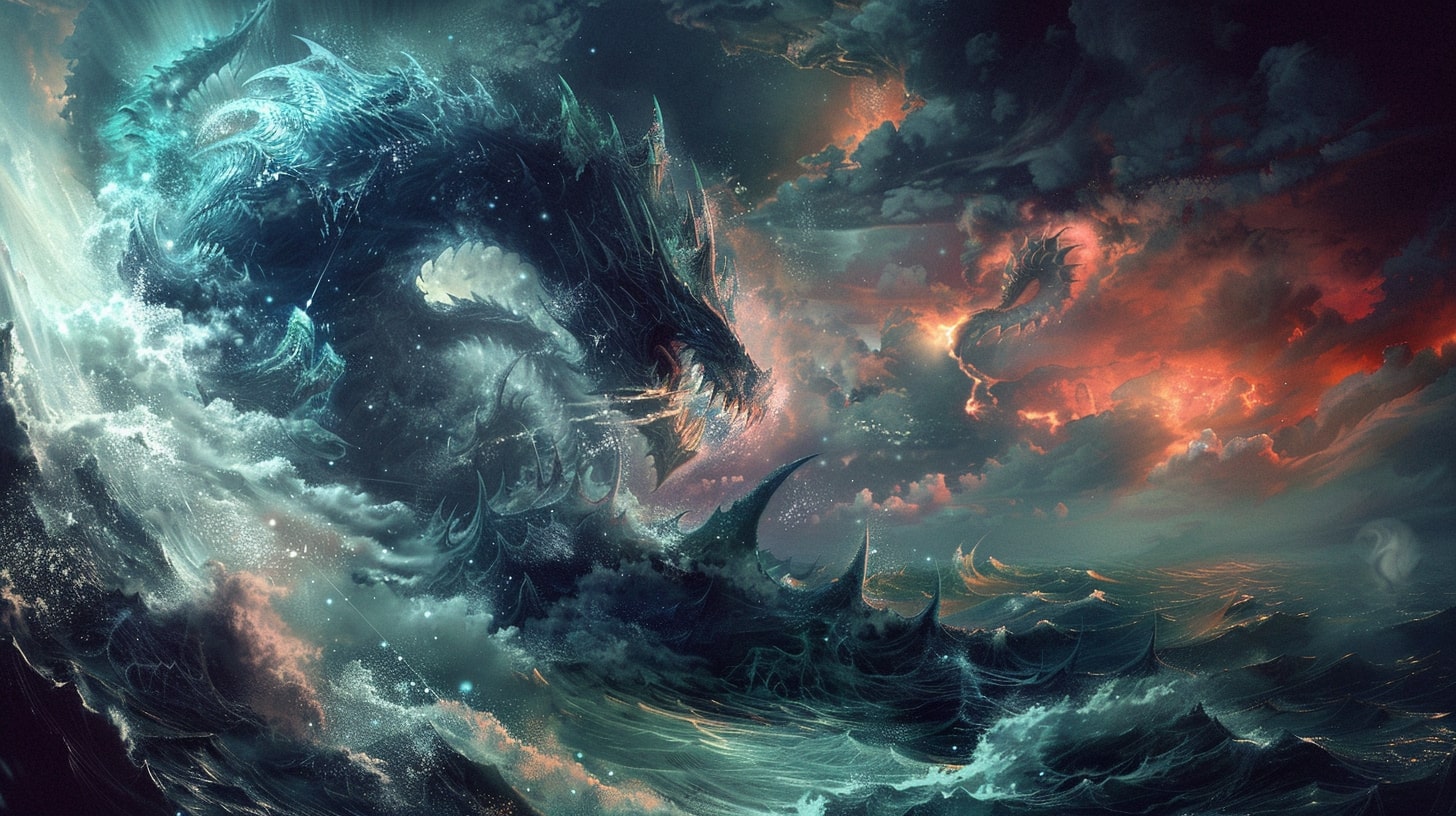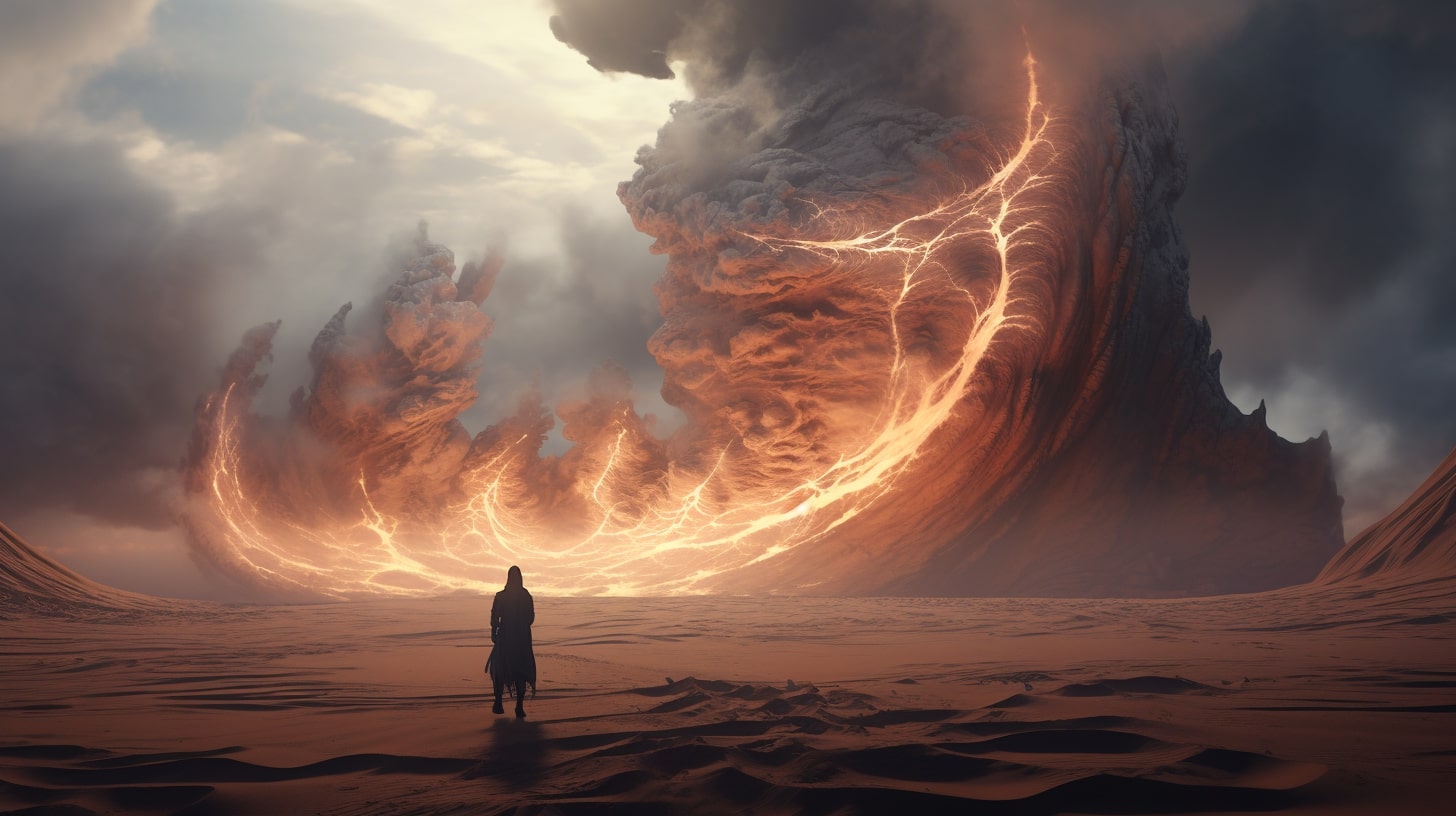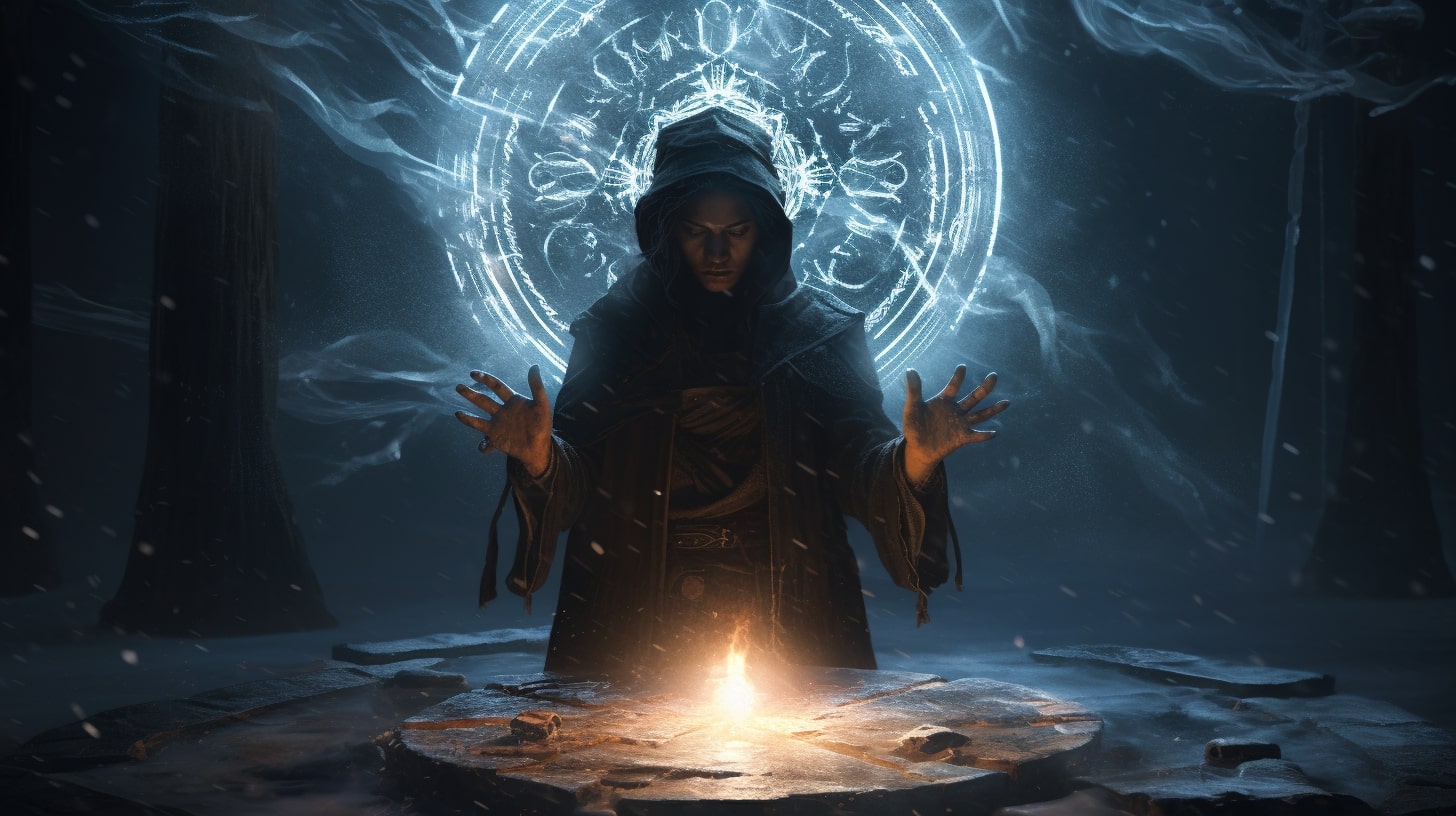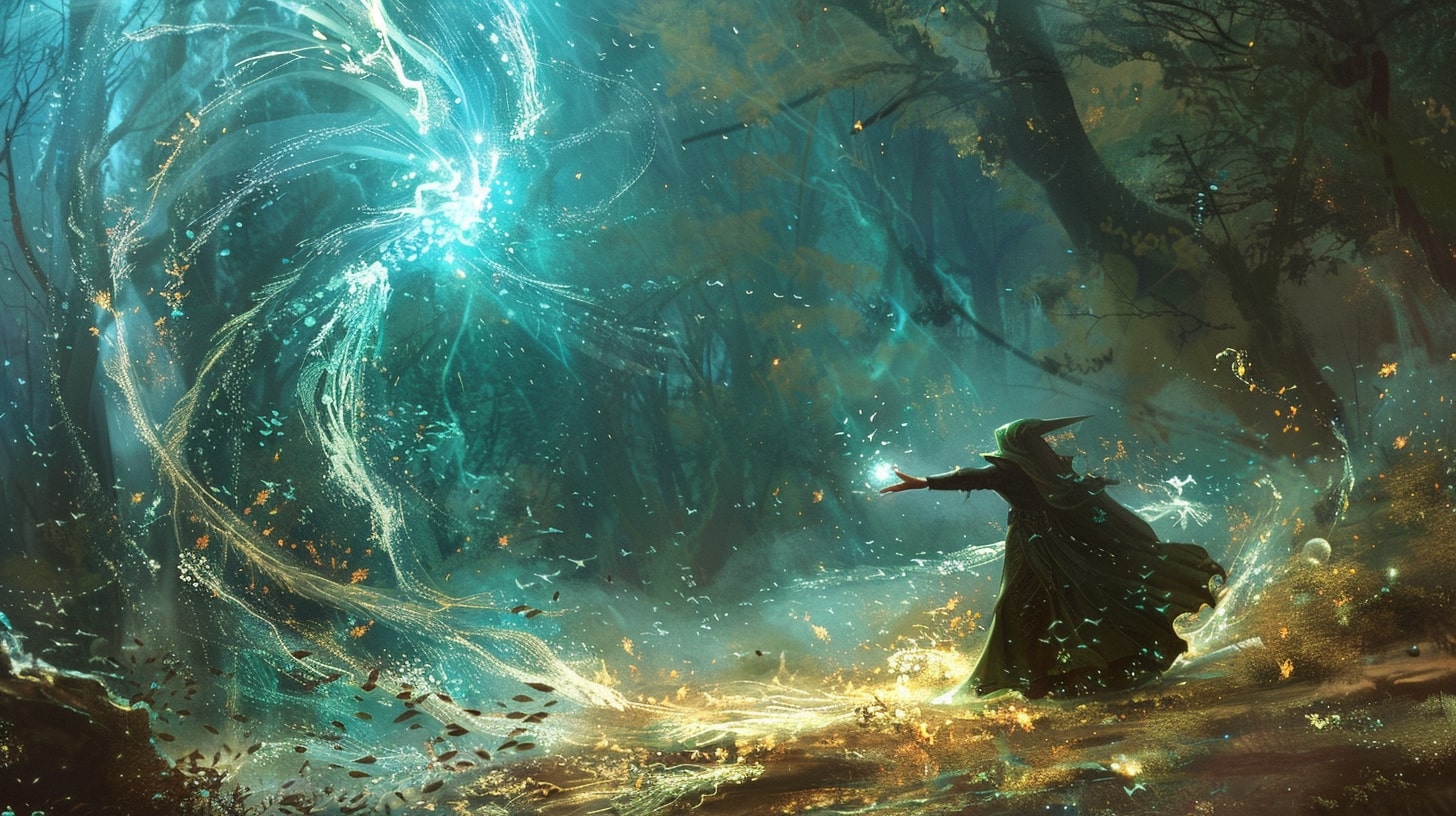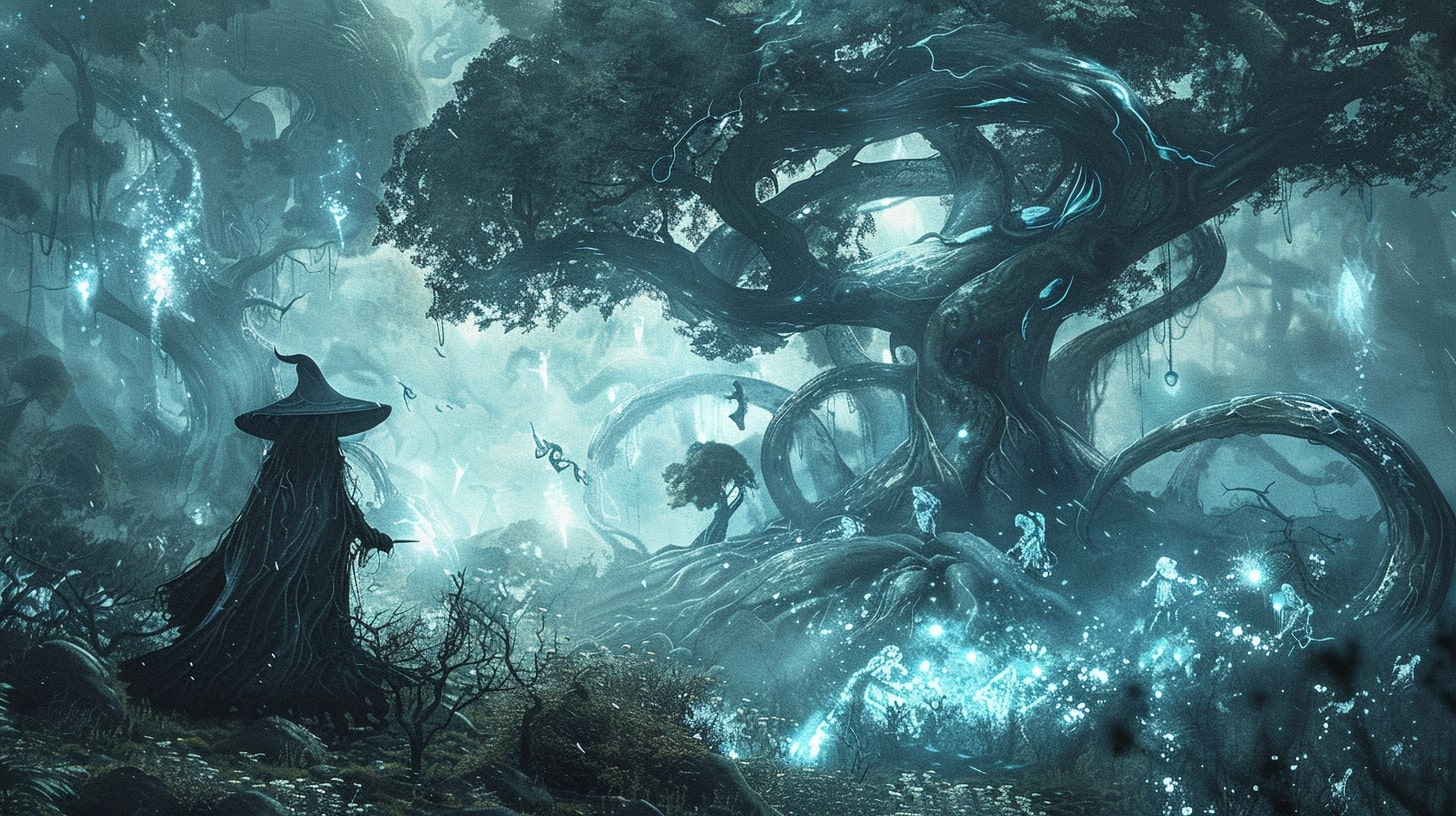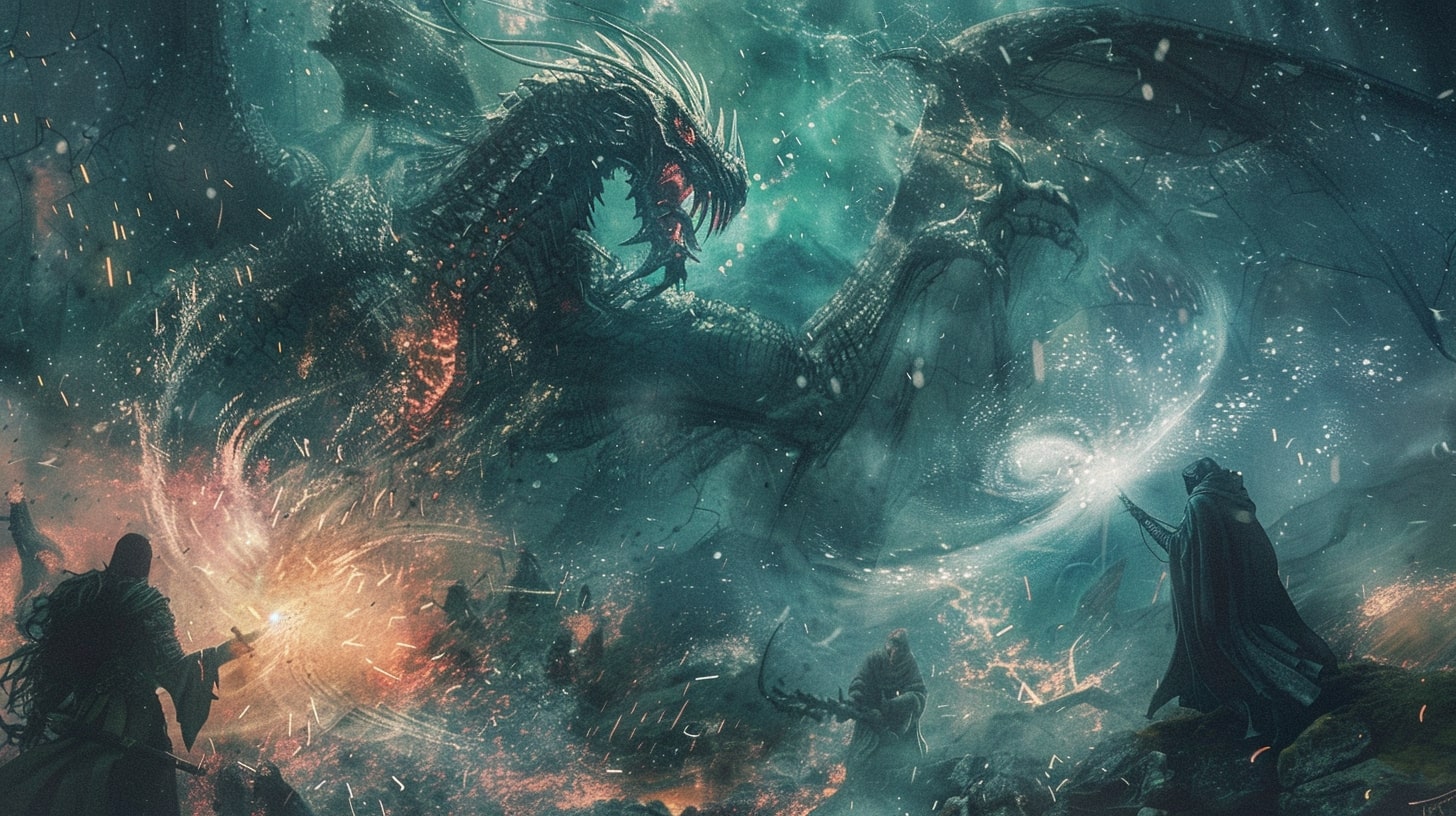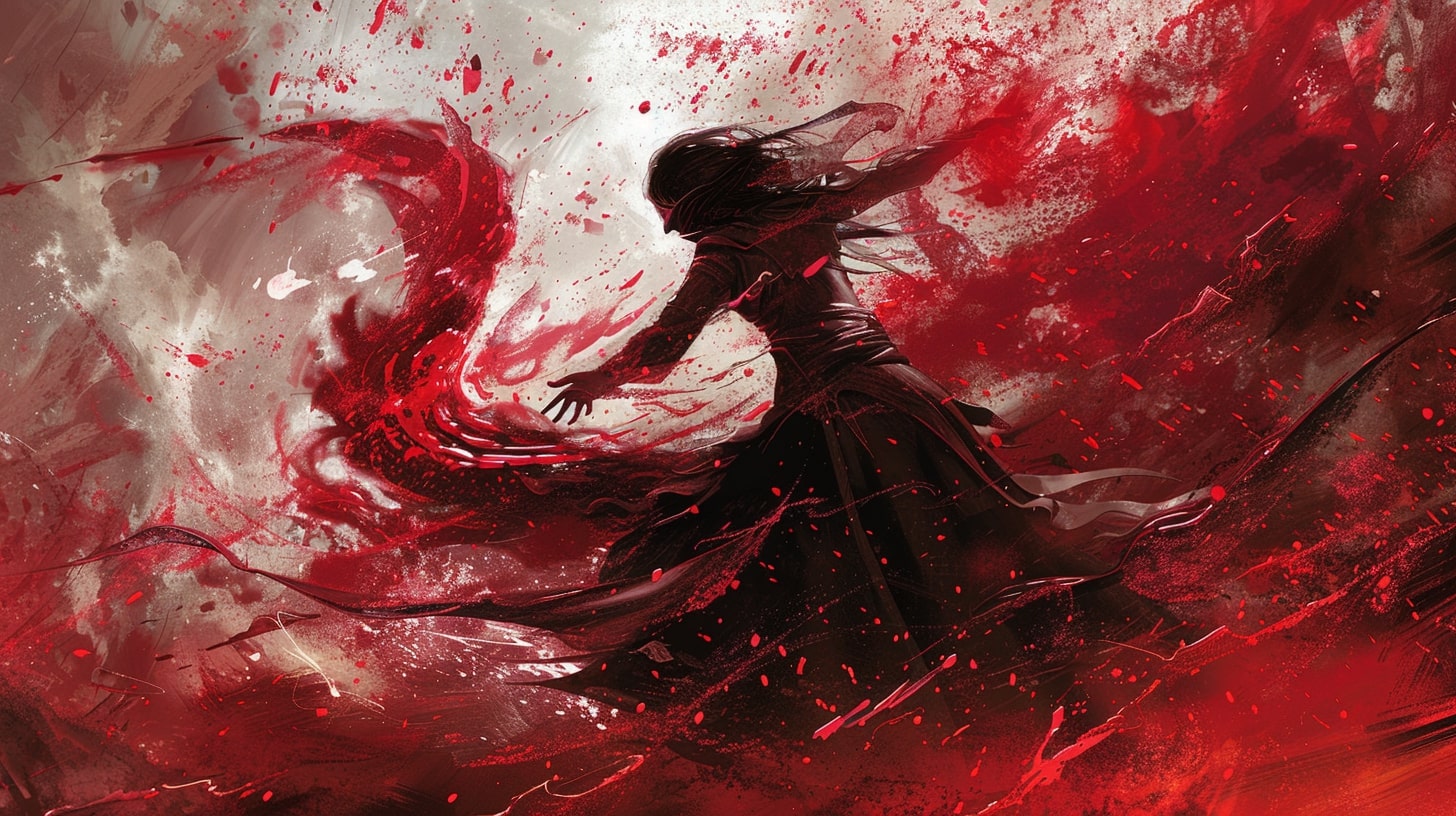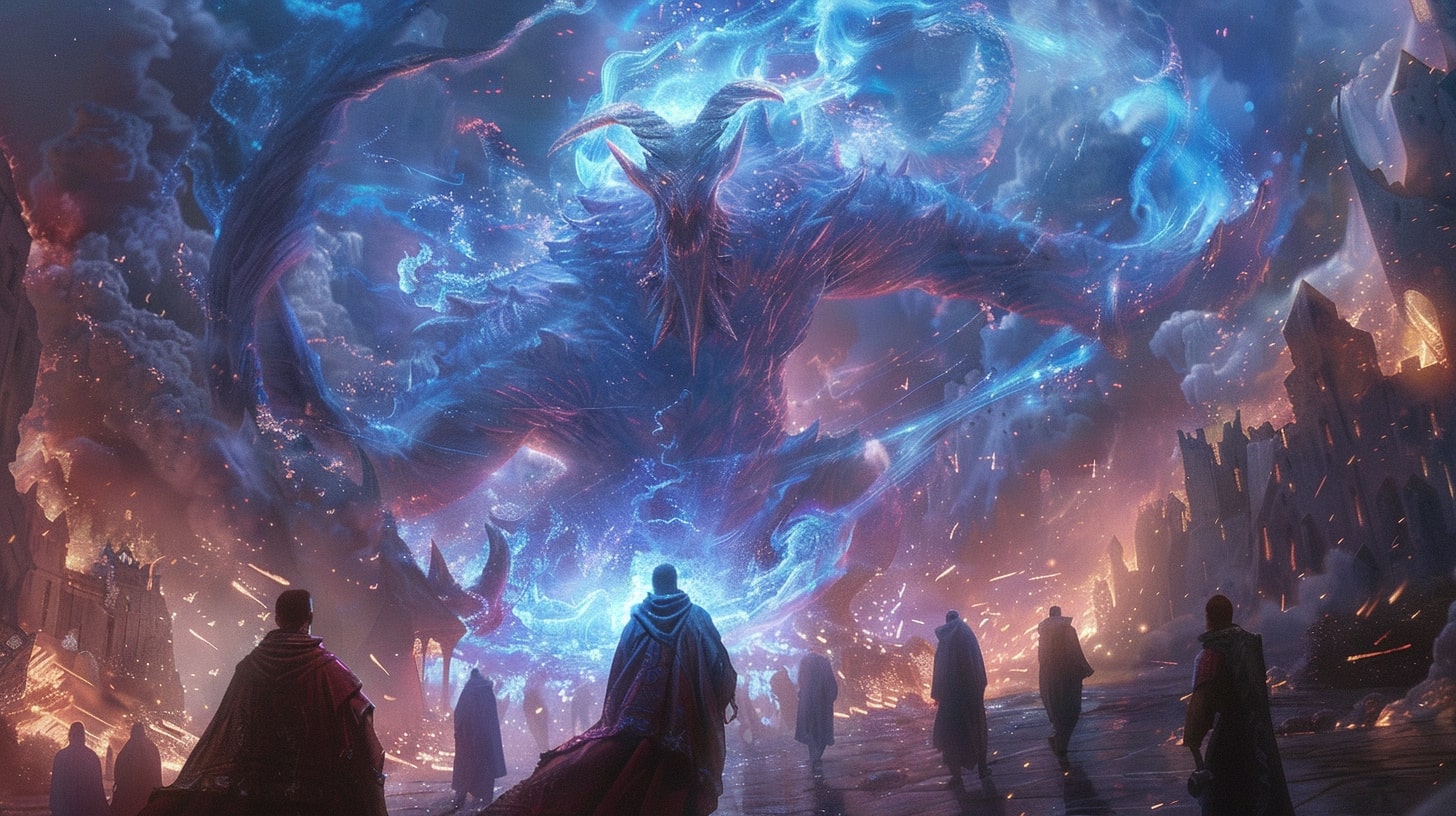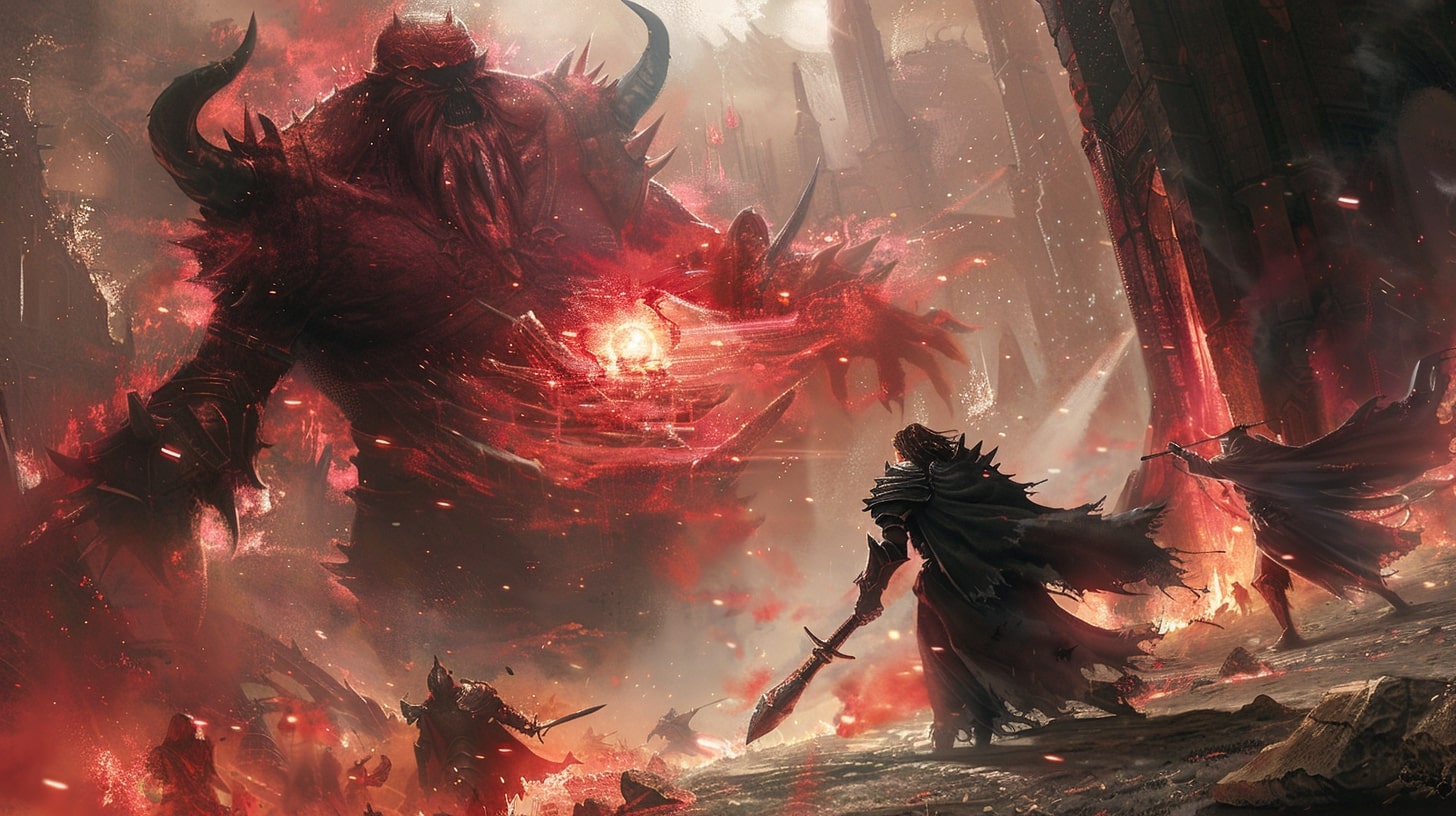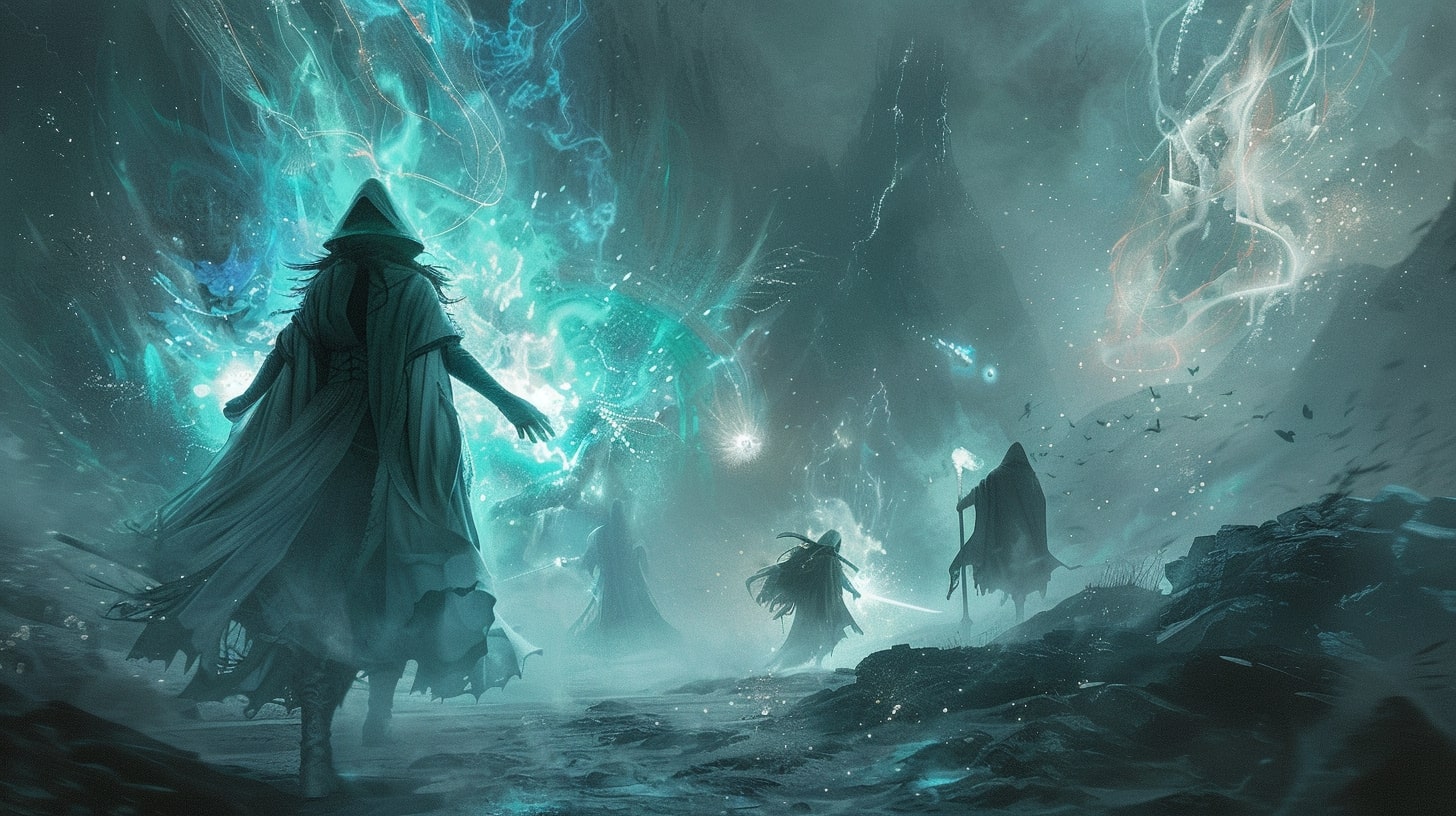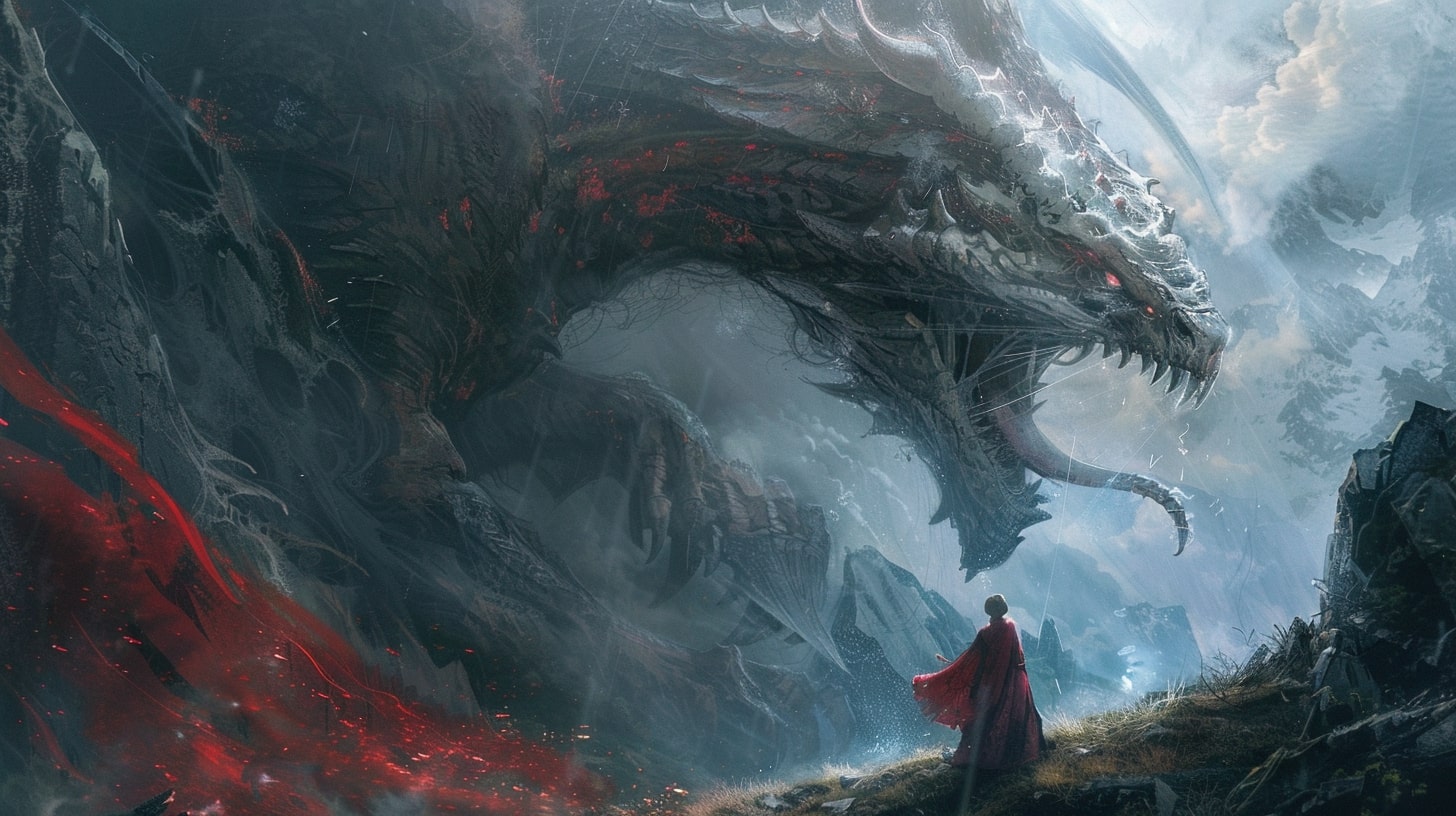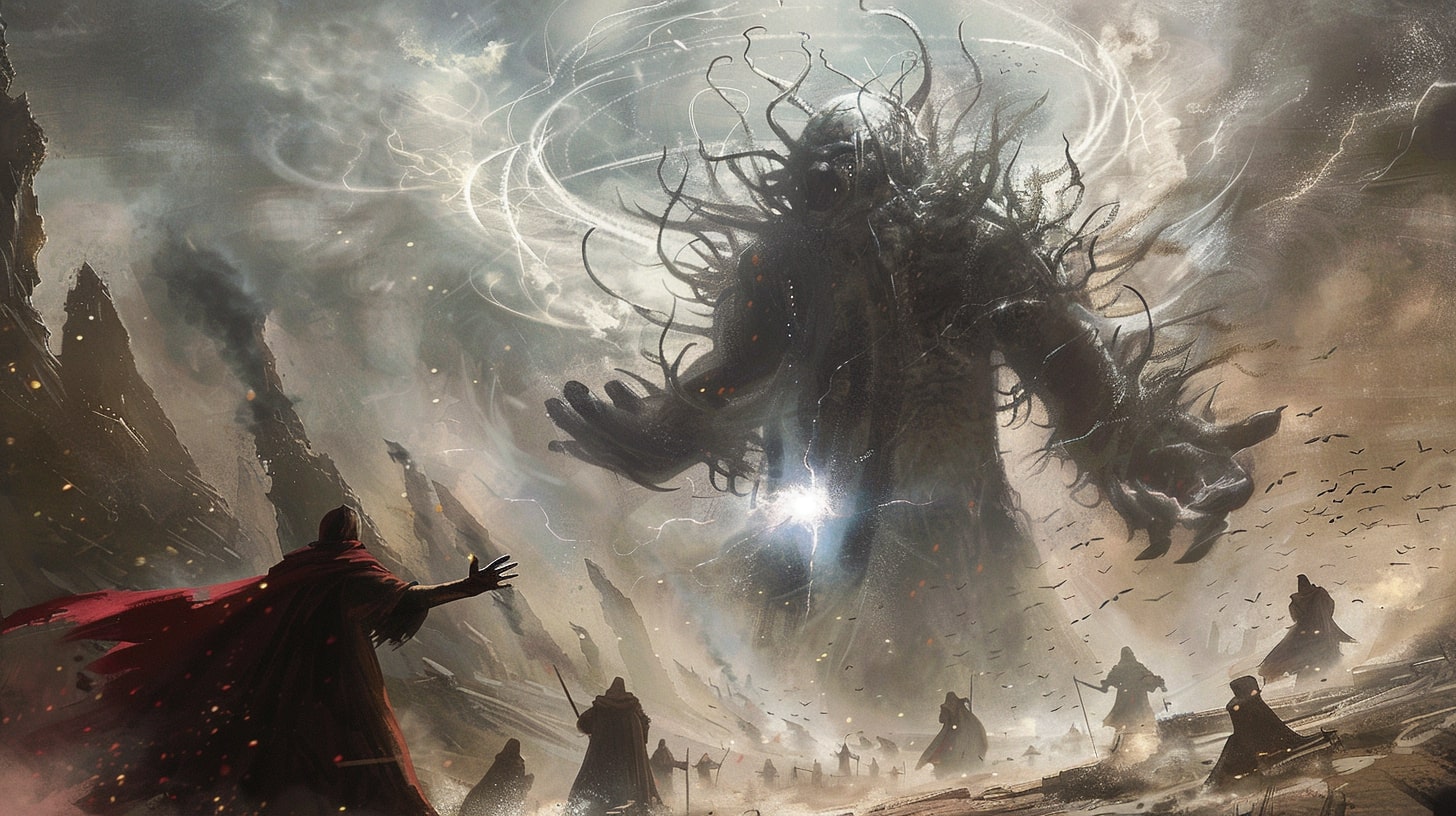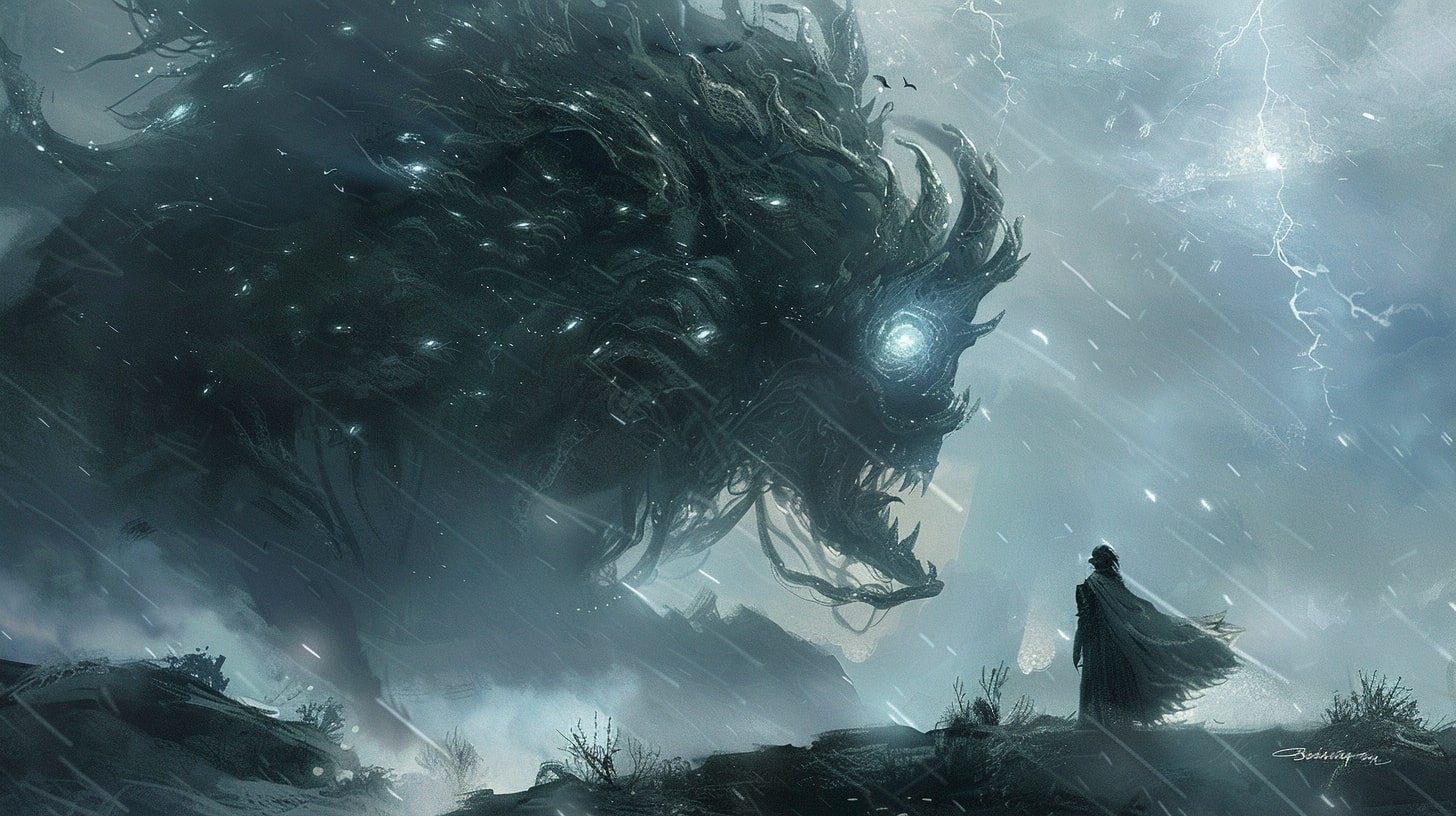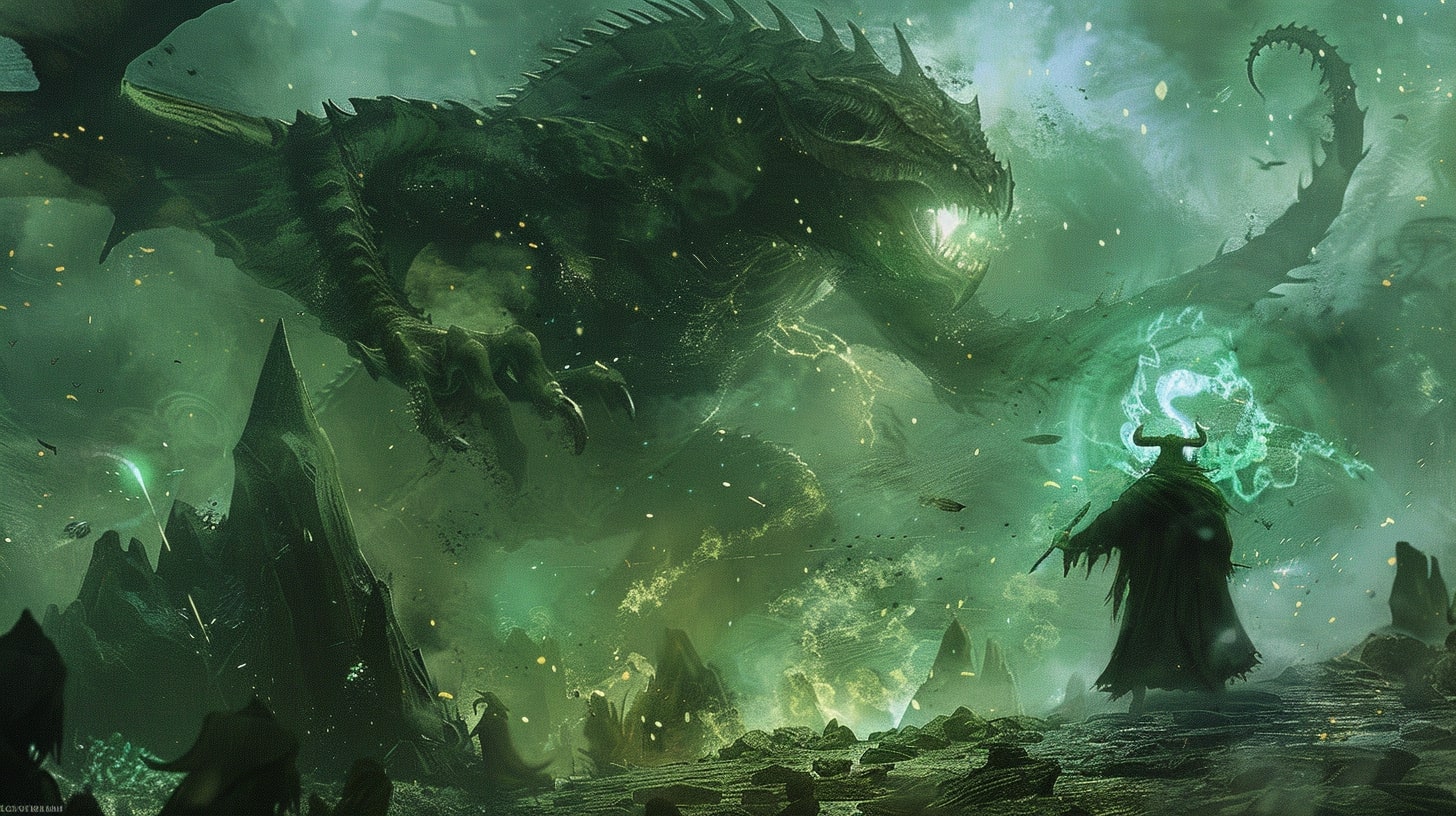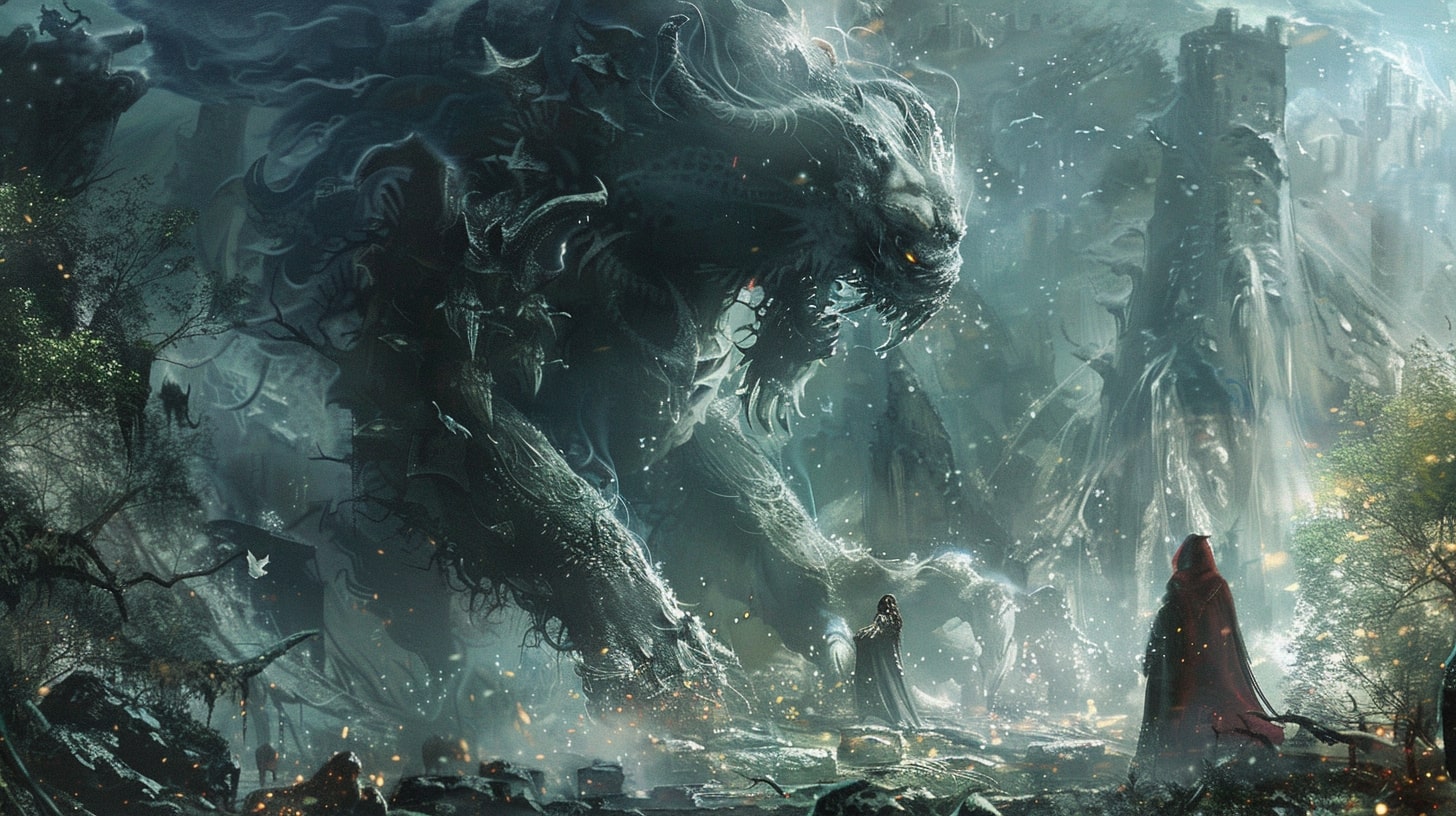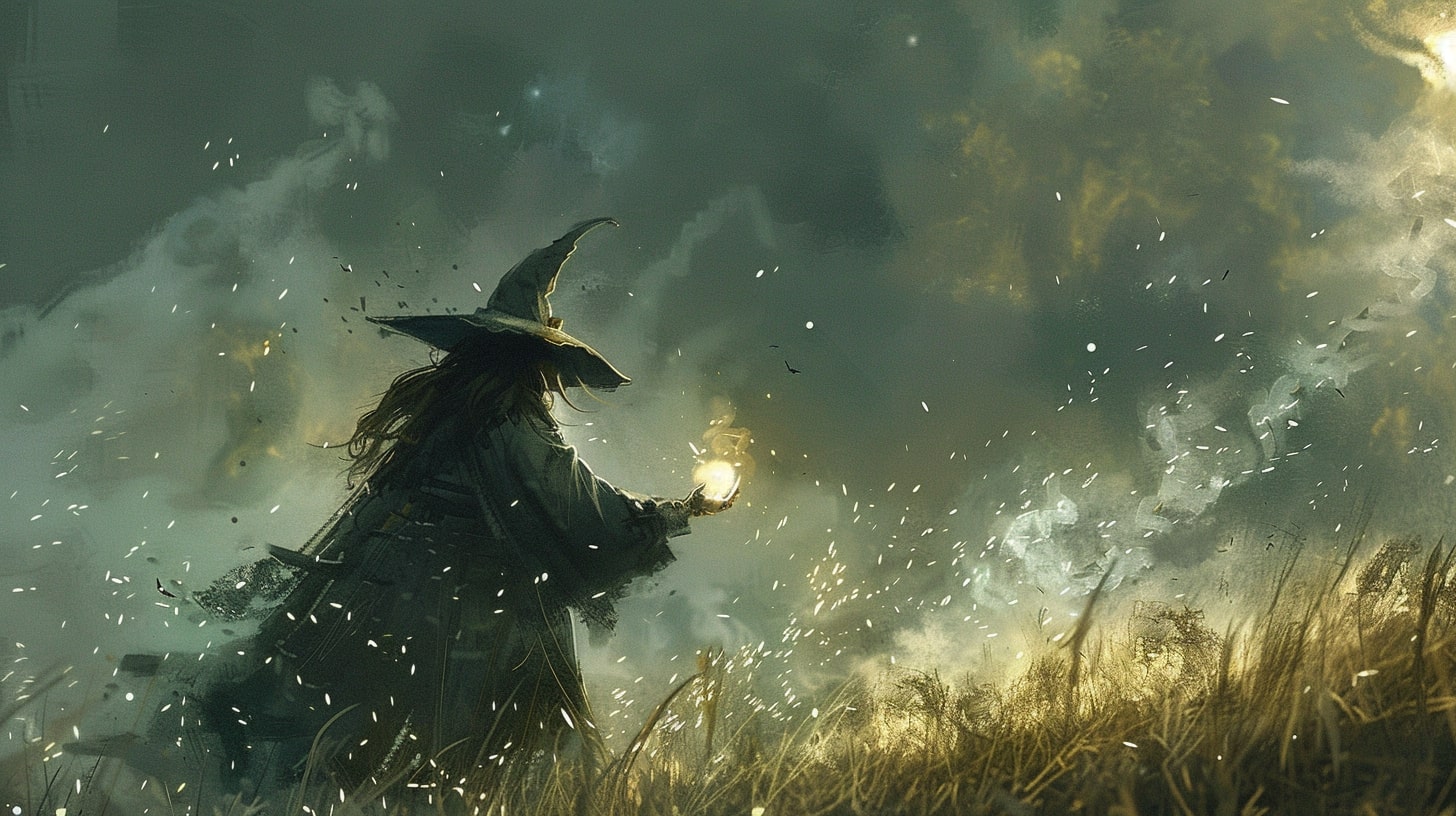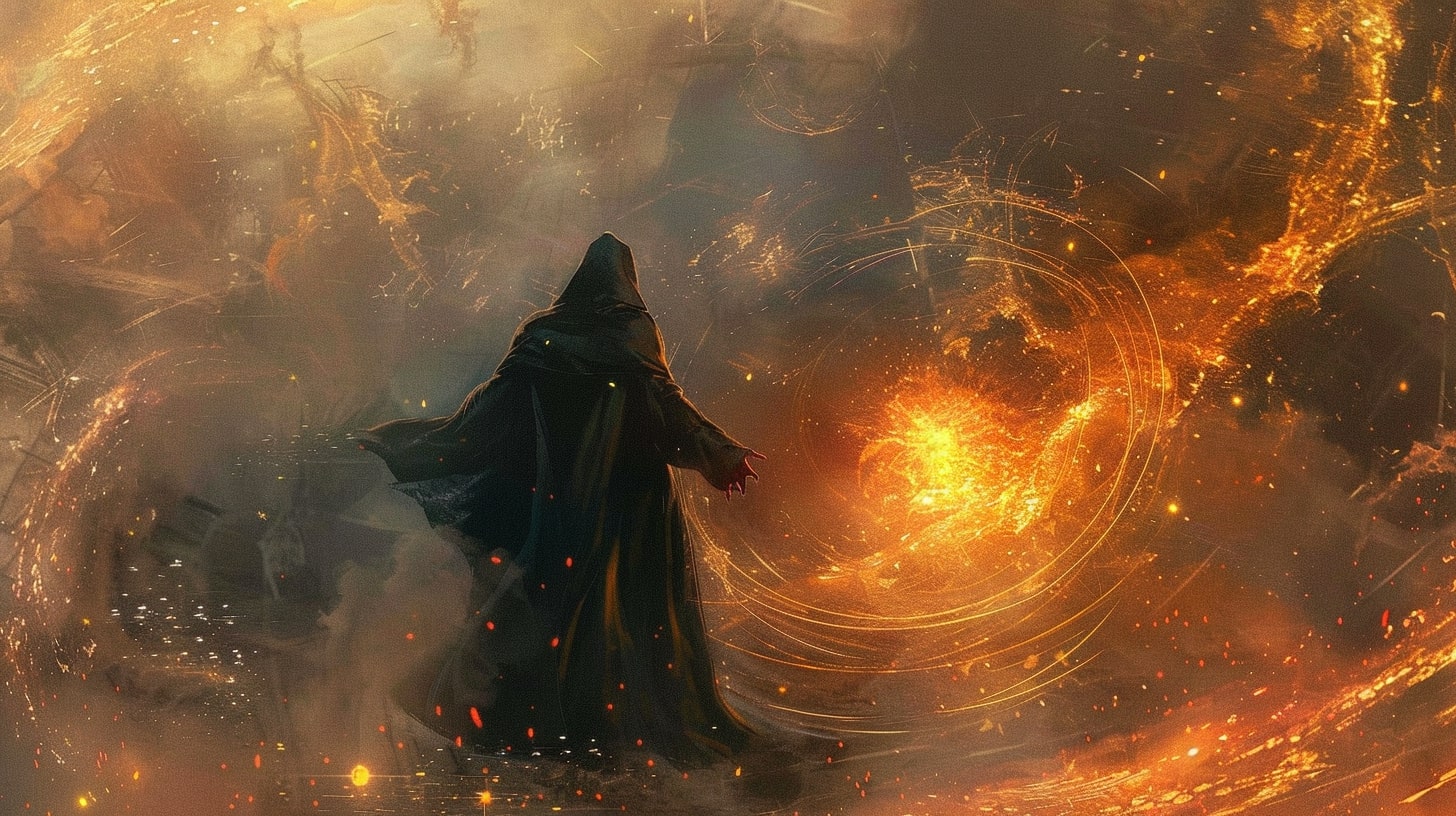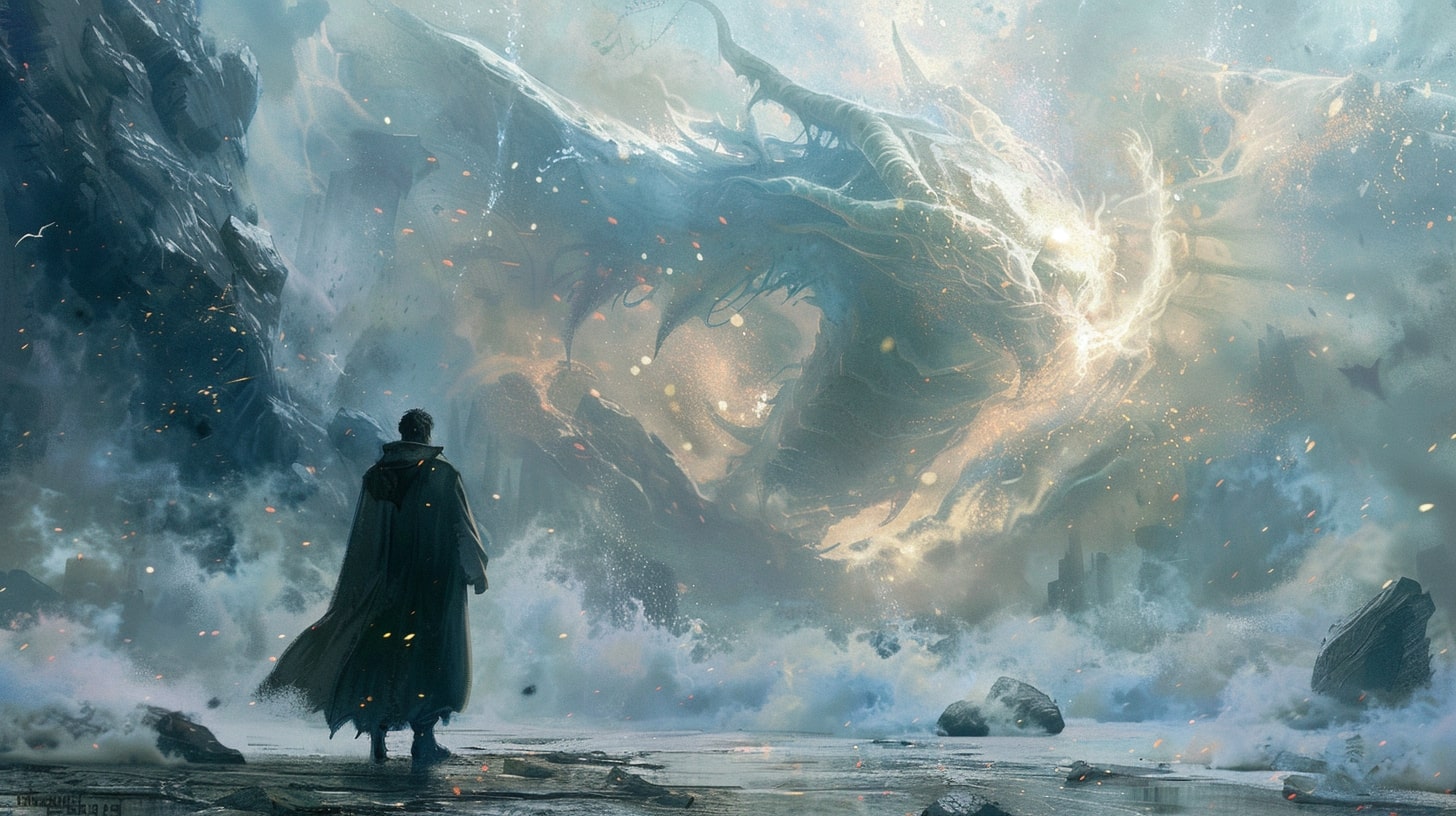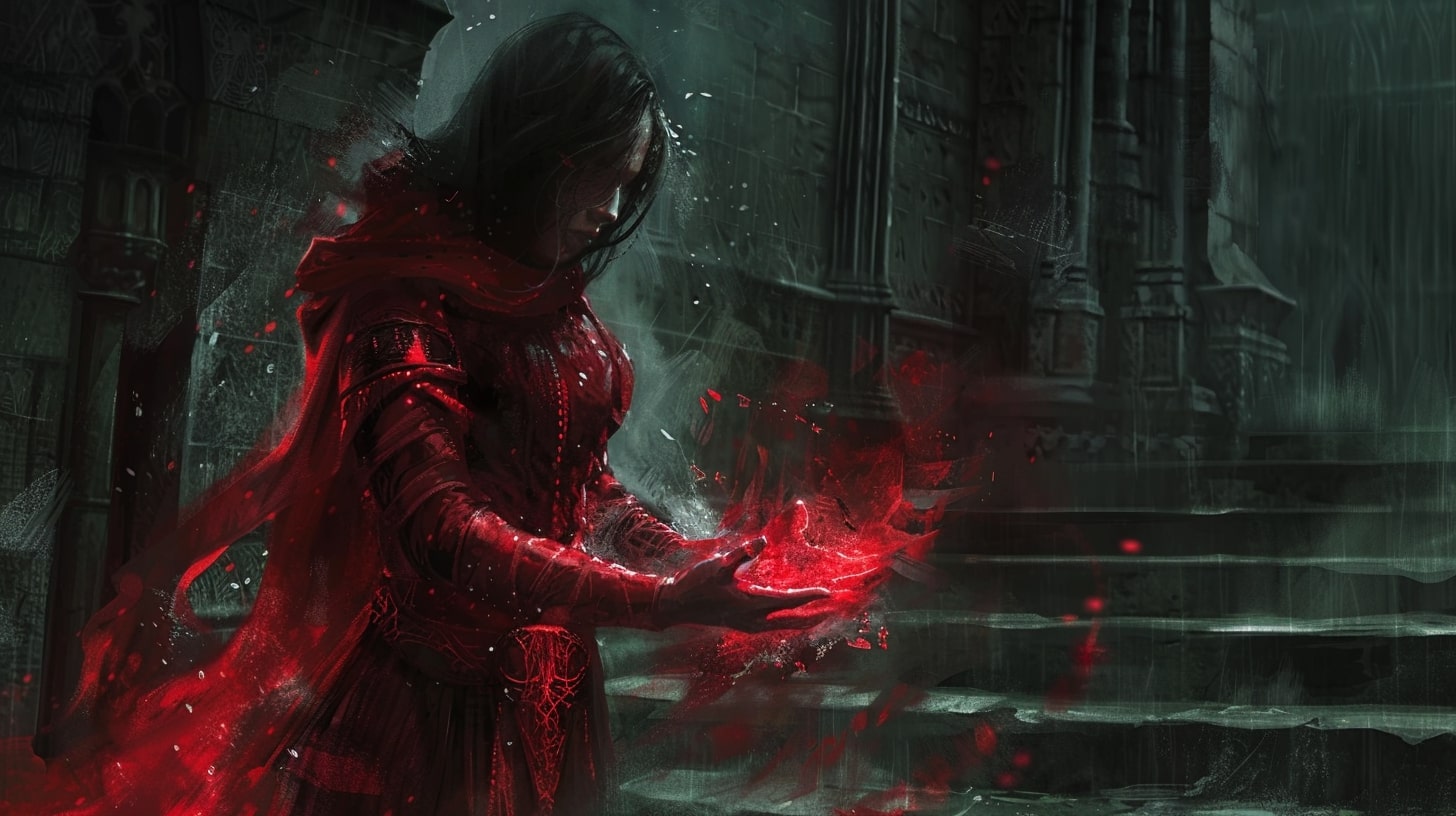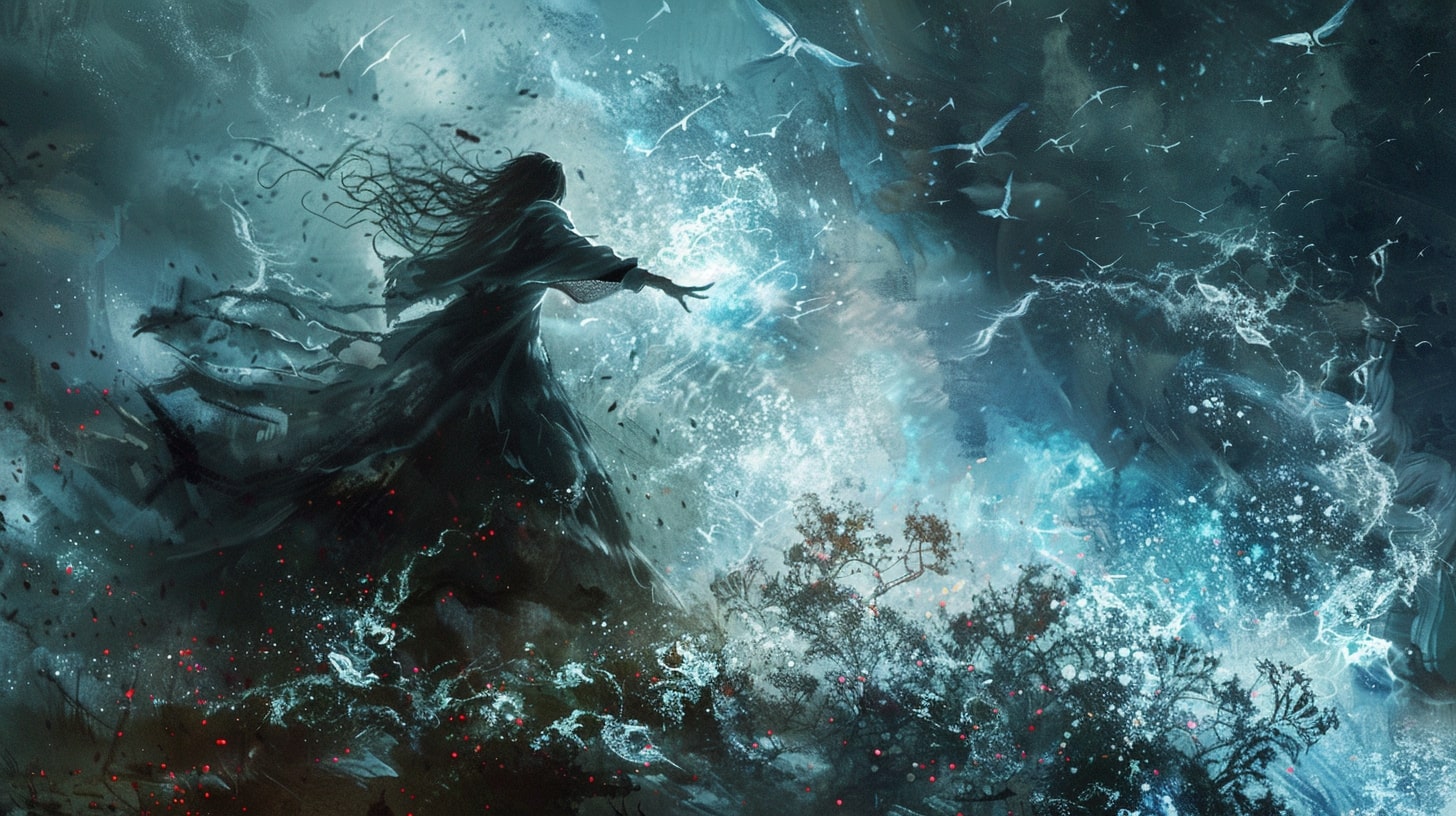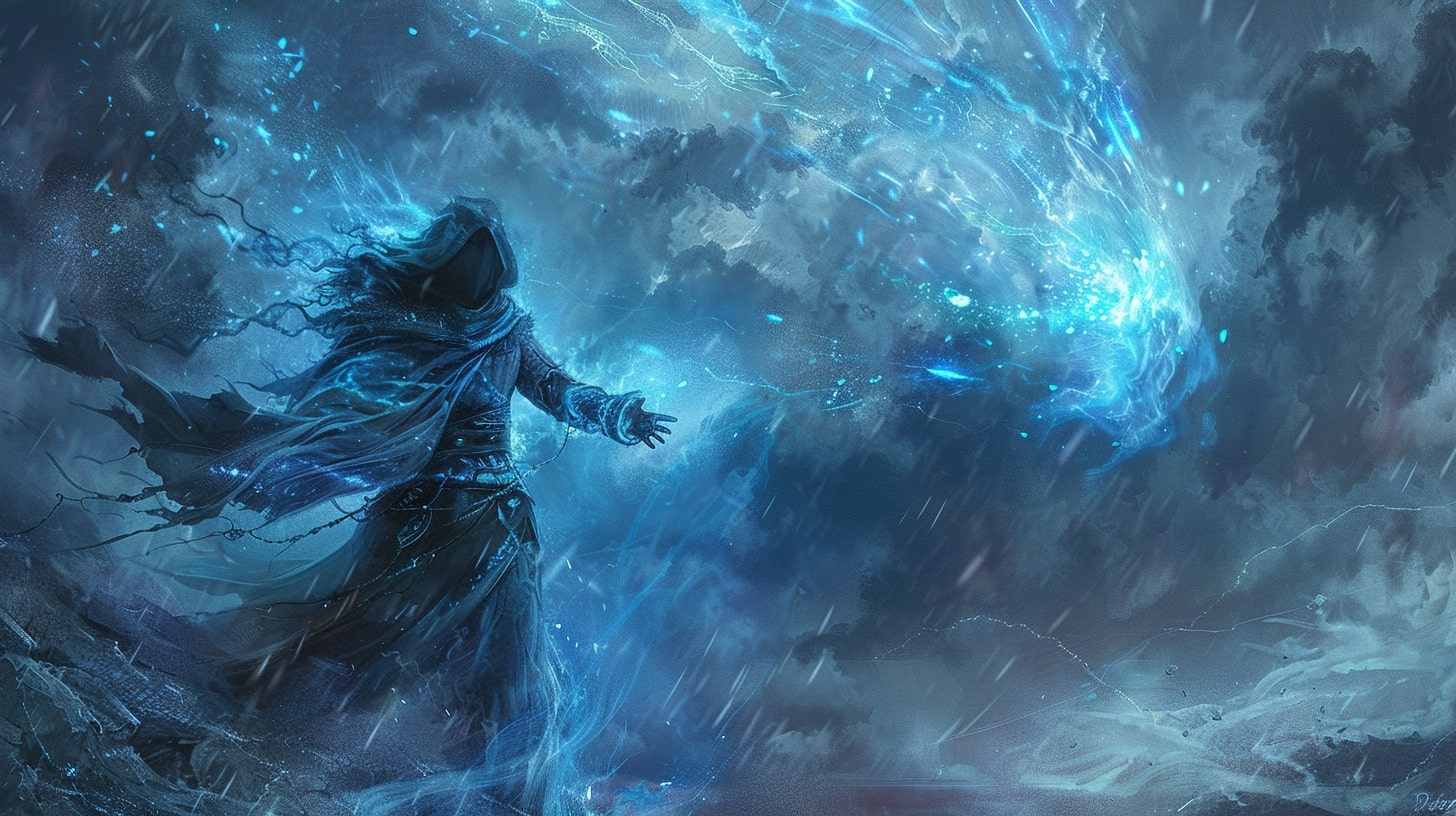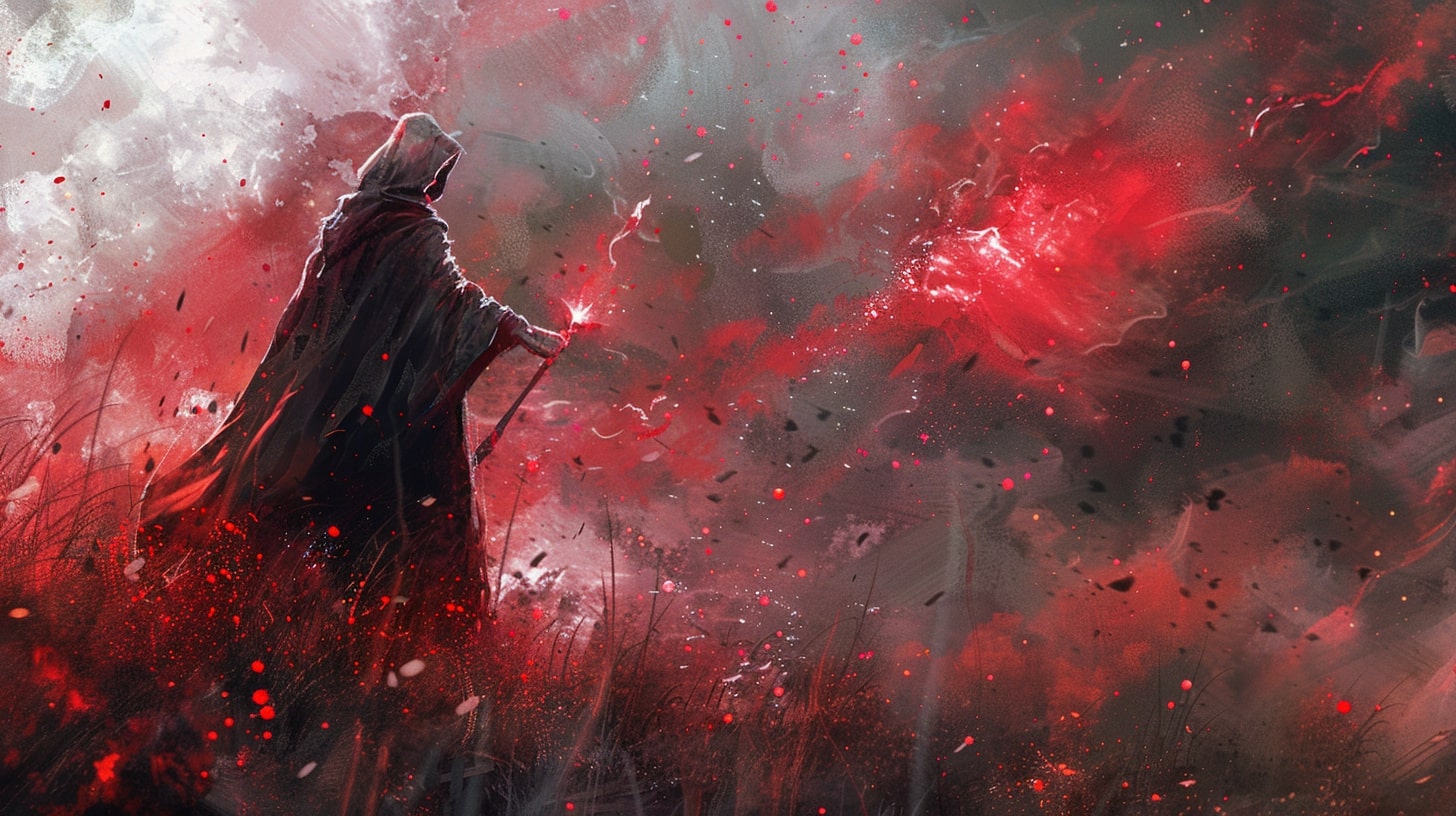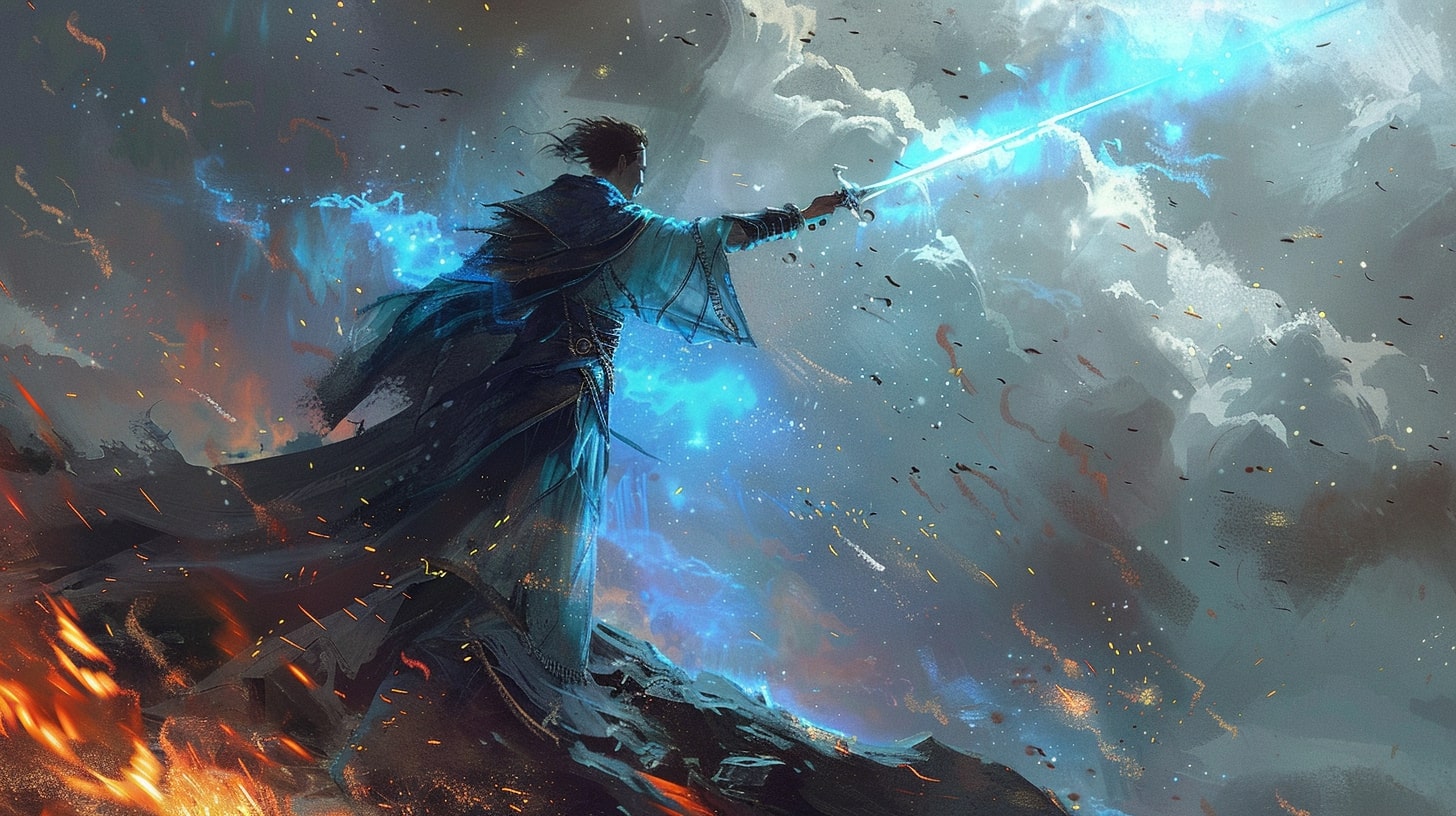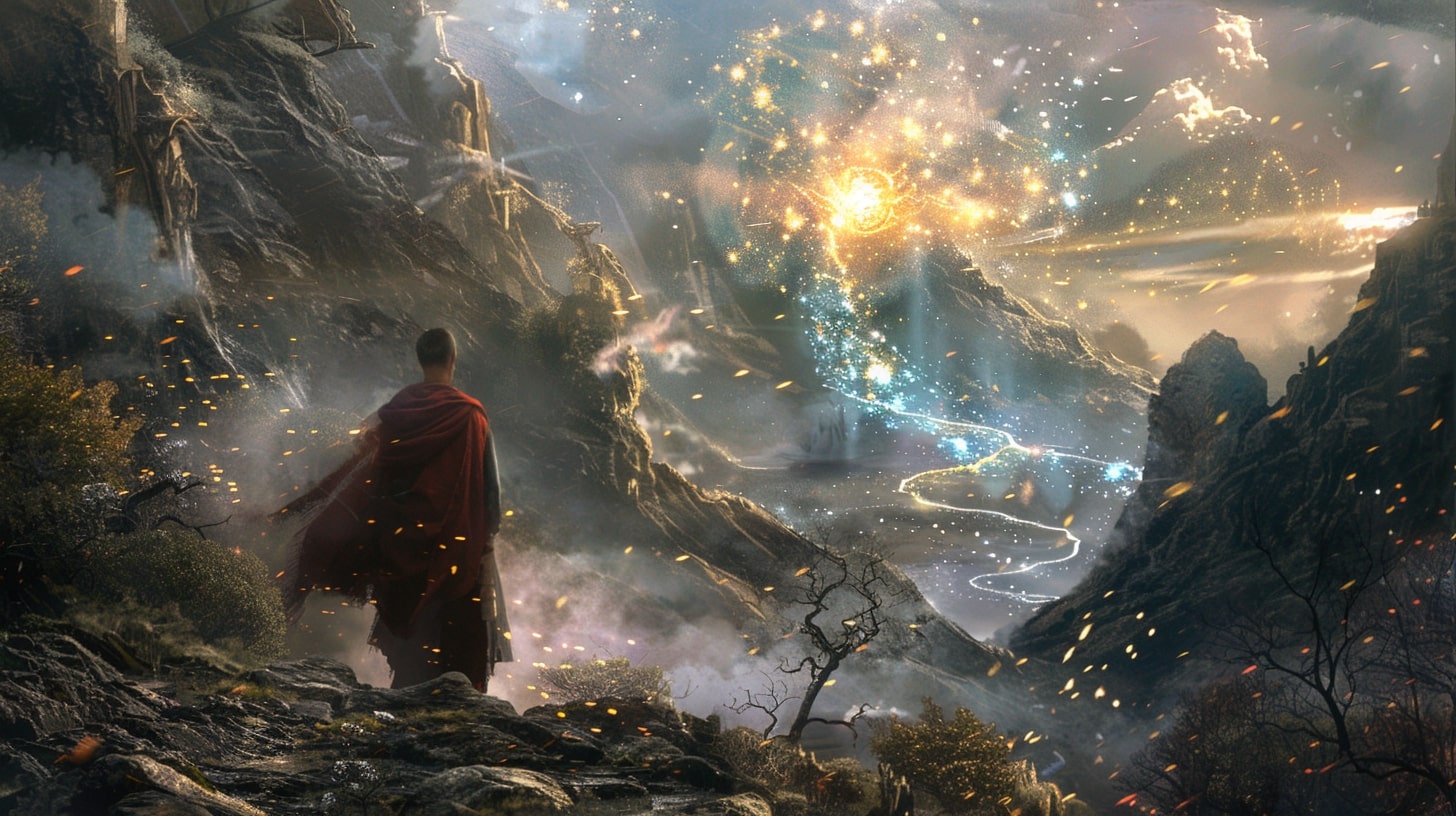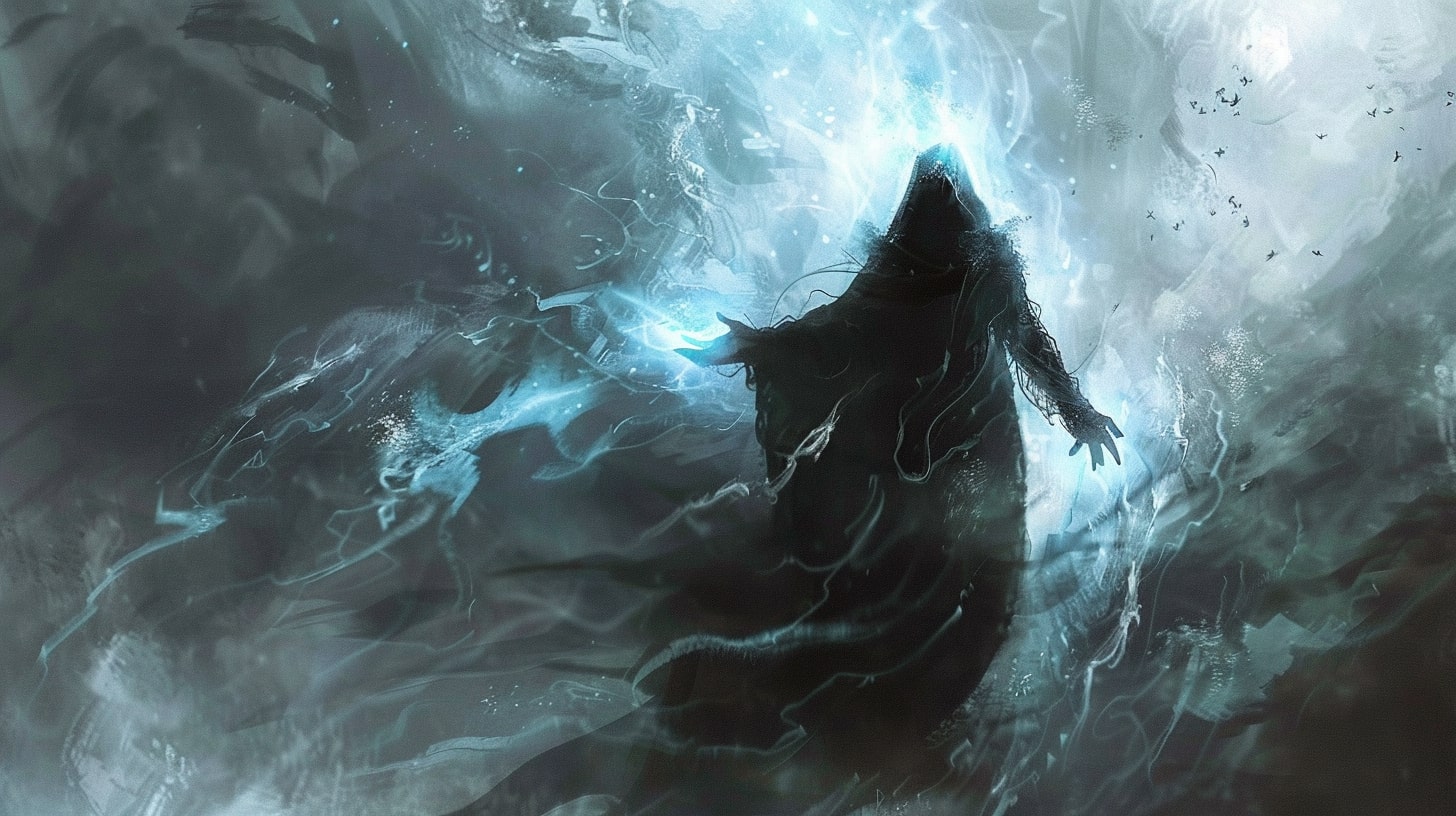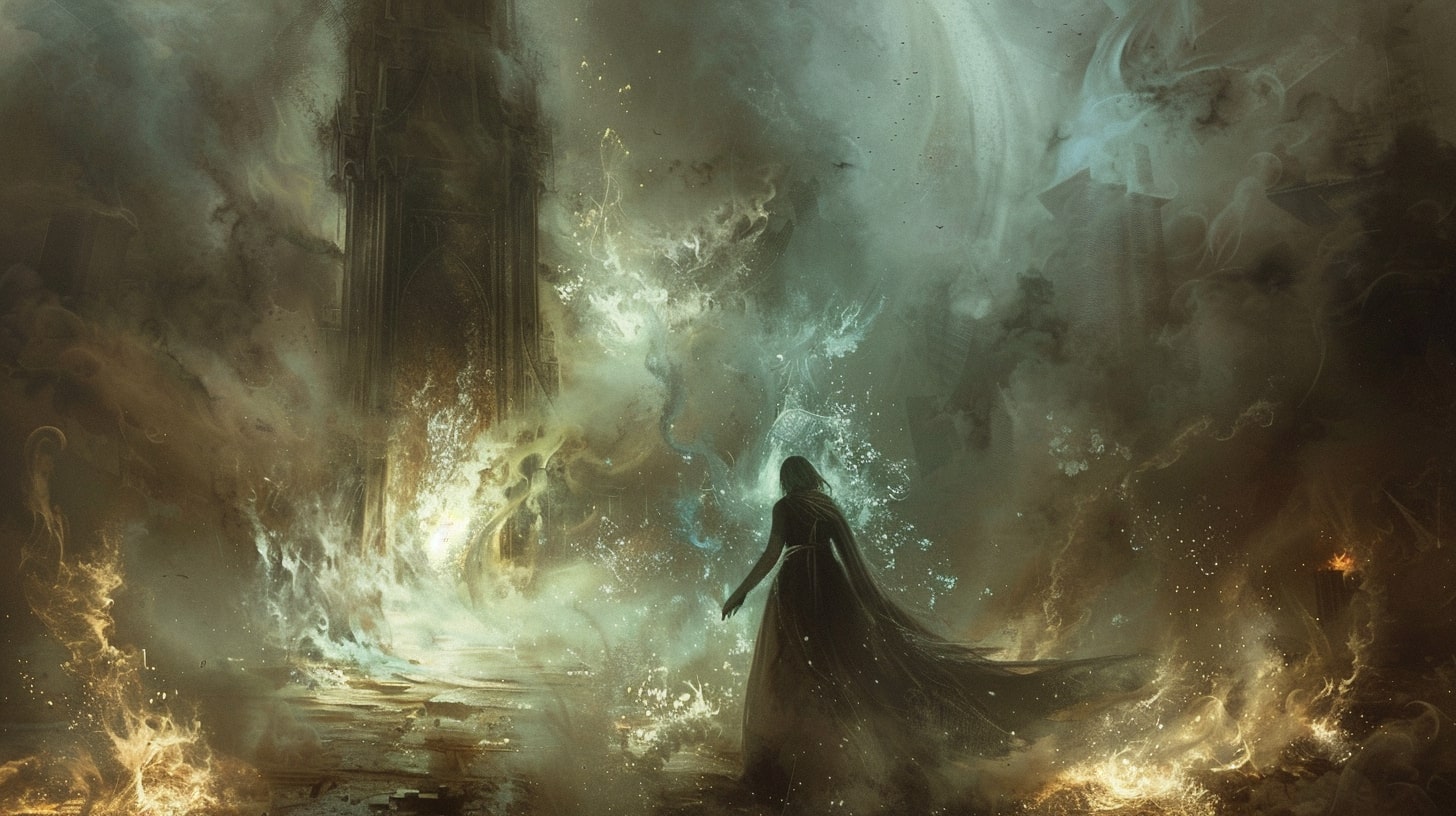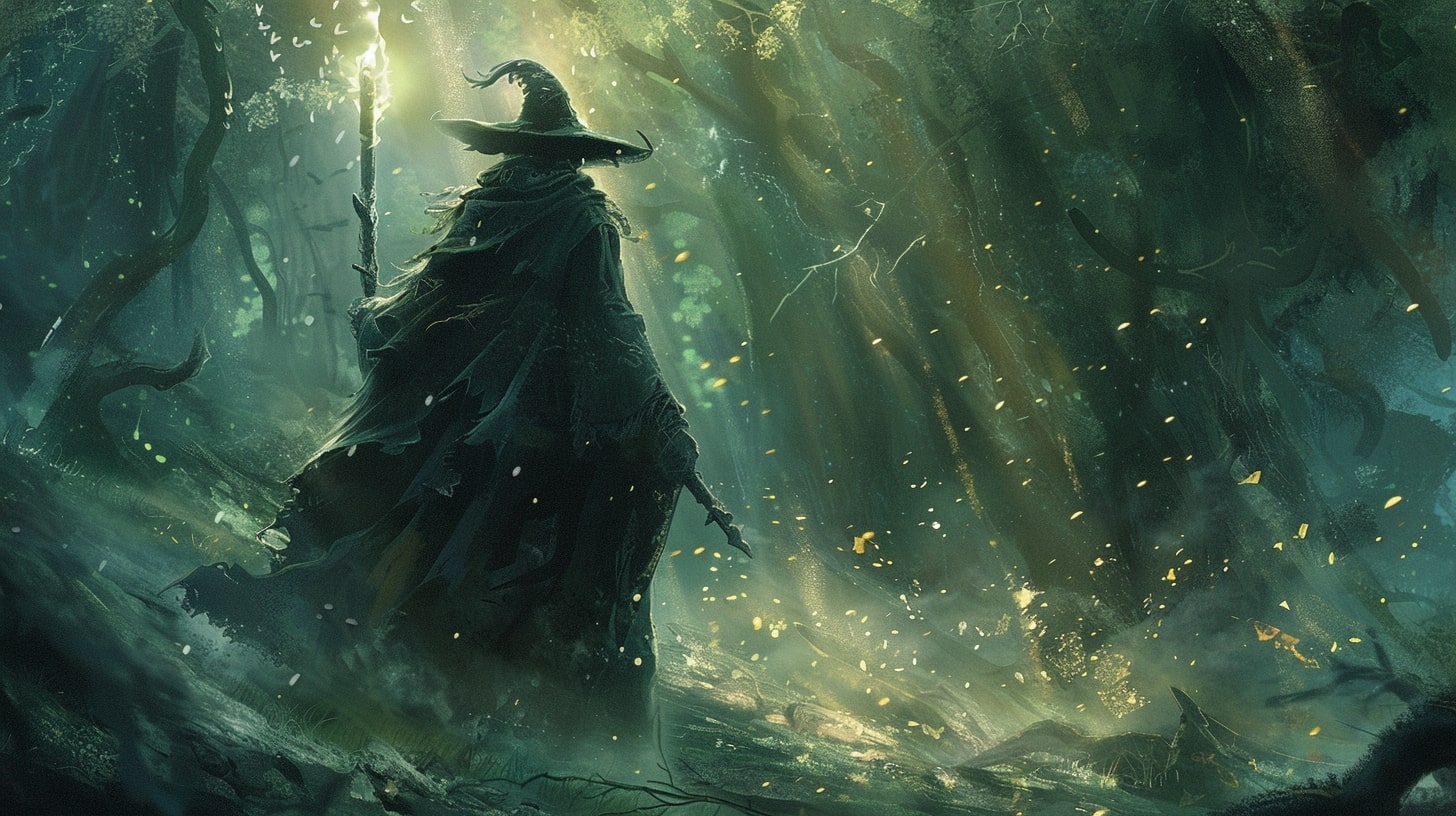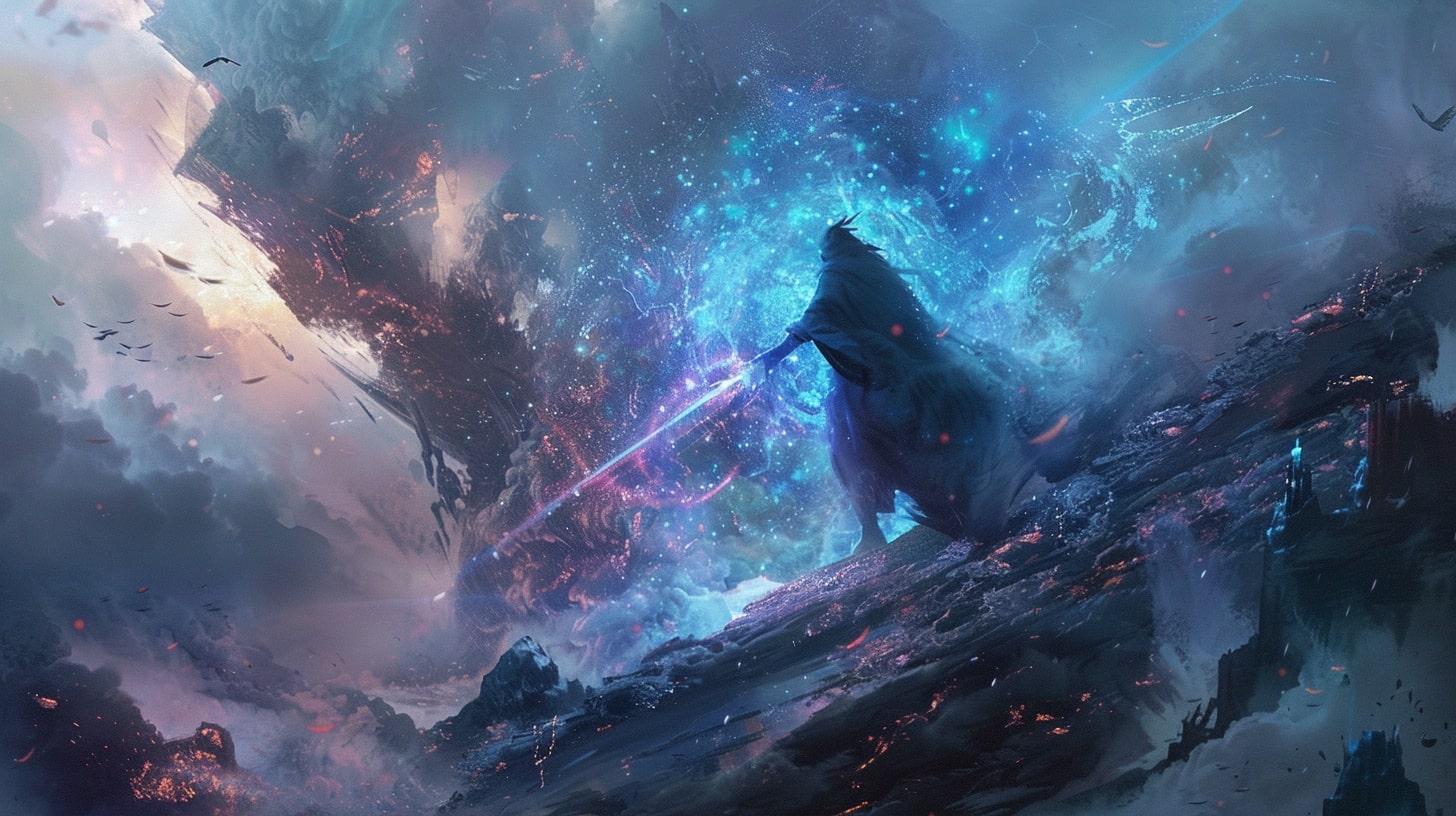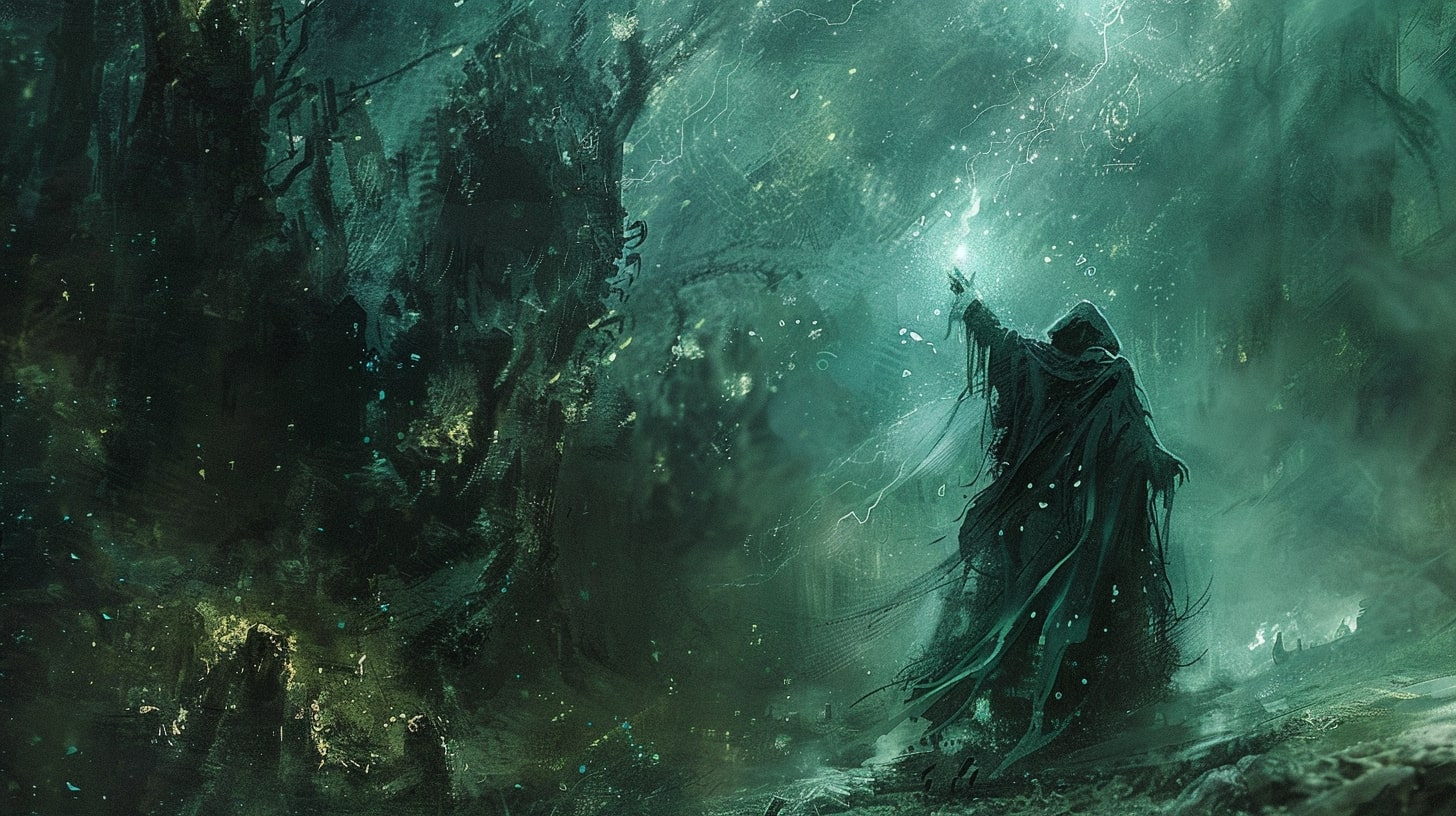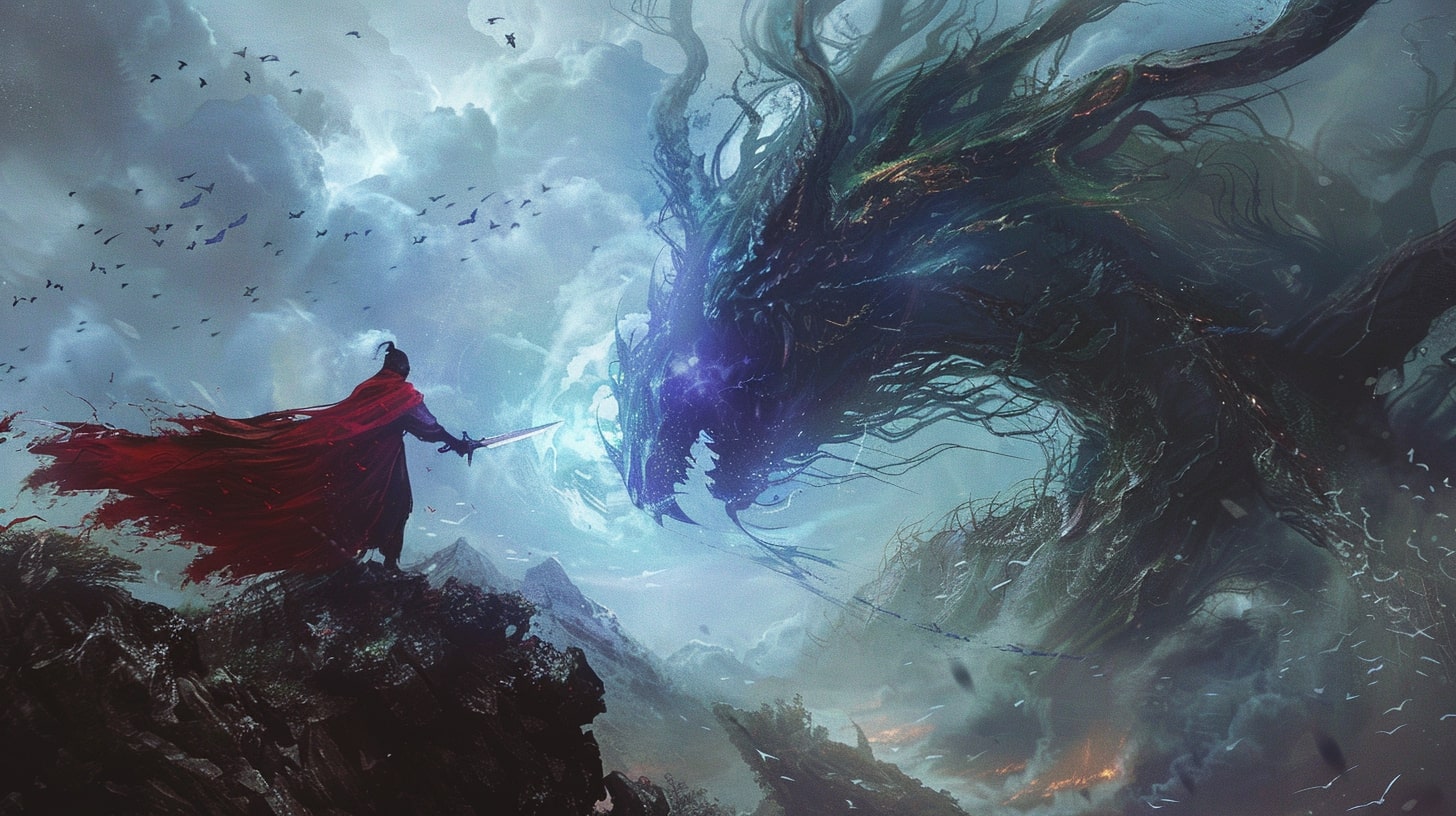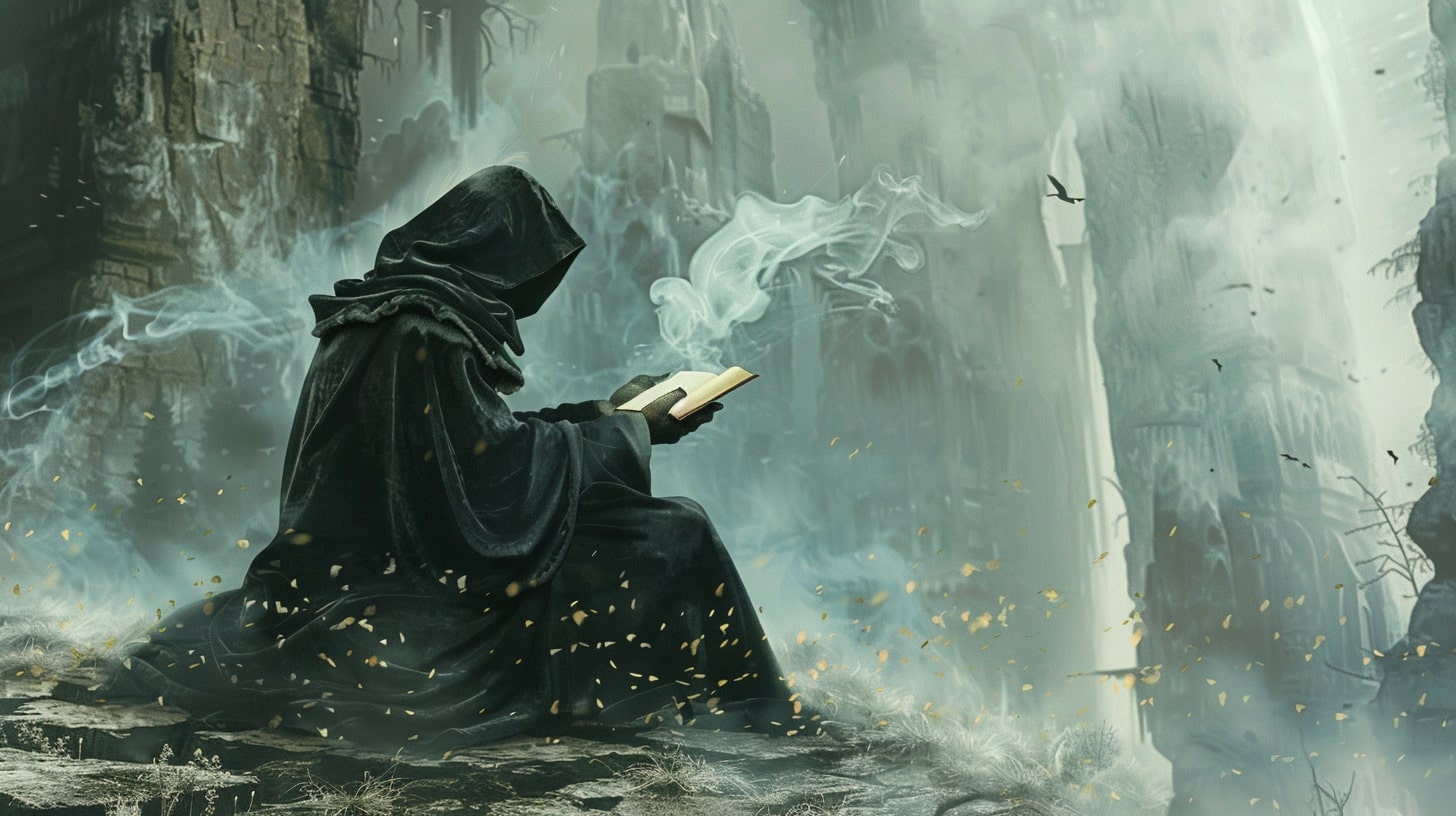Introduction to Magic Systems
Welcome to the enchanting world of magic systems! In the realm of fantasy writing, magic systems play a vital role in shaping the narrative and captivating readers.
Whether you're conjuring up a new world or exploring existing ones, understanding the importance of magic systems and the key elements that make them captivating is essential.
So if you want to create a captivating world you need to understand some simple magic system concepts. Let's break them down.
Why Magic Systems Matter
Magic systems serve as the foundation of your fantastical world, adding depth and intrigue to your storytelling. They allow you to introduce supernatural elements, mystical abilities, and extraordinary powers into your narrative. A well-crafted magic system can make your story more immersive, engaging, and memorable.
Magic systems matter because they provide a set of rules and boundaries for how magic functions within your story. These rules create a sense of logic and consistency, allowing readers to suspend their disbelief and fully immerse themselves in the world you've created. A coherent and well-defined magic system helps readers understand the limitations, consequences, and potential of magic, adding a layer of believability to your fantasy realm.
Key Elements of a Captivating Magic System
To develop a captivating magic system, there are several key elements you should consider:
Rules and Boundaries: Define the rules and limitations of your magic system. Establish how magic can be accessed, who can wield it, and the consequences of its use. This ensures that magic remains balanced and prevents it from becoming an omnipotent force that resolves every conflict effortlessly.
Sources of Magic Power: Determine the sources from which magic derives its power. It could be elemental forces, ancient artifacts, divine intervention, or even the energy within living beings. The source of magic adds depth to your world and influences the types of magic available.
Unique Magic Concepts: Explore different types of magic within your system. Consider elemental magic, ritual and incantation, bloodlines and ancestral magic, or any other unique concepts that fit the world you're building. Each type of magic can have its own rules and characteristics, allowing for diversity and depth.
Balancing Magic and Limitations: Strike a balance between the power of magic and its limitations. Every magic system should have some form of cost or consequence associated with its use. This prevents characters from relying too heavily on magic and creates tension and conflict within your story.
By understanding the importance of magic systems and considering these key elements, you can create a captivating and immersive world that will leave your readers spellbound. So, let your imagination soar as you embark on the journey of developing your own unique magic system concepts. For inspiration and guidance, check out our article on magic system ideas.

Understanding Magic in Your World
To develop captivating magic system concepts, it's essential to have a clear understanding of how magic works in your fictional world. This involves defining the rules and boundaries of your magic system and understanding the sources of magic power.
Defining the Rules and Boundaries
When creating a magic system, it's important to establish a set of rules and boundaries that govern how magic functions in your world. These rules provide structure and consistency, allowing readers to understand and engage with your magic system.
Consider questions such as:
- How is magic accessed and channeled?
- What are the limitations and restrictions of magic?
- Are there specific gestures, incantations, or rituals required to perform magic?
- What are the consequences or costs associated with using magic?
By defining these rules, you create a framework that shapes the mechanics and behavior of your magic system. This consistency helps to make your magic system believable and immersive for readers.
Sources of Magic Power
Magic power can derive from various sources within your world. These sources can range from natural forces to supernatural beings or artifacts. Understanding the sources of magic power in your world adds depth and richness to your magic system.
Here are a few examples of common sources of magic power:
- Arcane: Magic derived from the study and manipulation of mystical energies.
- Divine: Magic granted by deities or higher beings.
- Nature-based: Magic harnessed from the forces of nature such as the elements, plants, or animals.
- Ritualistic: Magic performed through complex rituals, ceremonies, or sacrifices.
- Blood: Magic linked to the life force or essence of individuals or specific bloodlines.
Each source of magic power brings its own flavor and possibilities to your magic system. It's important to consider how these sources interact with one another and how they shape the dynamics and conflicts in your world.
By understanding the rules and boundaries of magic and exploring the sources of magic power in your world, you can develop a captivating magic system that enhances your storytelling. For more inspiration and ideas on magic system concepts, check out our article on magic system ideas.

Developing Unique Magic Concepts
When creating a captivating magic system, it's important to explore different concepts that will make your world and story stand out. Here are three unique magic concepts to consider: Elemental Magic, Ritual and Incantation, and Bloodlines and Ancestral Magic.
Elemental Magic
One popular and versatile concept in magic systems is Elemental Magic. This concept revolves around harnessing the powers of the natural elements, such as fire, water, earth, and air. Each element carries its own strengths, weaknesses, and associated spells. For example, fire magic could be used to ignite objects or create flames, while water magic might enable manipulation of water or the ability to heal.
To further develop your Elemental Magic system, you can consider incorporating sub-elements or combinations of elements. This adds depth and complexity to the magic system, allowing for a wider range of possibilities and interactions. For inspiration and further exploration of Elemental Magic, check out our article on elemental magic system.
Ritual and Incantation
Another intriguing concept to incorporate in your magic system is the use of Ritual and Incantation. In this system, magic is accessed through specific rituals, ceremonies, or recitations of powerful incantations. These rituals often involve intricate gestures, ingredients, or sacred objects. By following these precise steps, the practitioner can tap into the magical energies of the world.
Ritual and Incantation magic systems offer opportunities for rich worldbuilding and cultural integration. Different cultures and societies within your world can have their own unique rituals and incantations, adding depth and diversity to the magical aspects of your story. To delve deeper into this concept, visit our article on ritualistic magic system.
Bloodlines and Ancestral Magic
A concept that adds a sense of heritage and lineage to your magic system is Bloodlines and Ancestral Magic. In this system, magical abilities are passed down through family bloodlines. Certain individuals inherit magical powers from their ancestors, which can manifest in various ways. These powers can be awakened or strengthened through training, experience, or specific rituals.
The idea of Bloodlines and Ancestral Magic creates a dynamic interplay between characters, as their magical abilities are tied to their family histories. It also opens up possibilities for conflicts, alliances, and hidden secrets within your story. To explore this concept further, our article on blood magic system provides valuable insights.
By incorporating these unique magic concepts into your world, you can create a rich and captivating magic system that will engage readers and enhance your storytelling. Remember to consider the rules and limitations of each concept, as well as their cultural and societal impacts. For more ideas and guidance on developing magic systems, be sure to check out our article on magic system ideas.
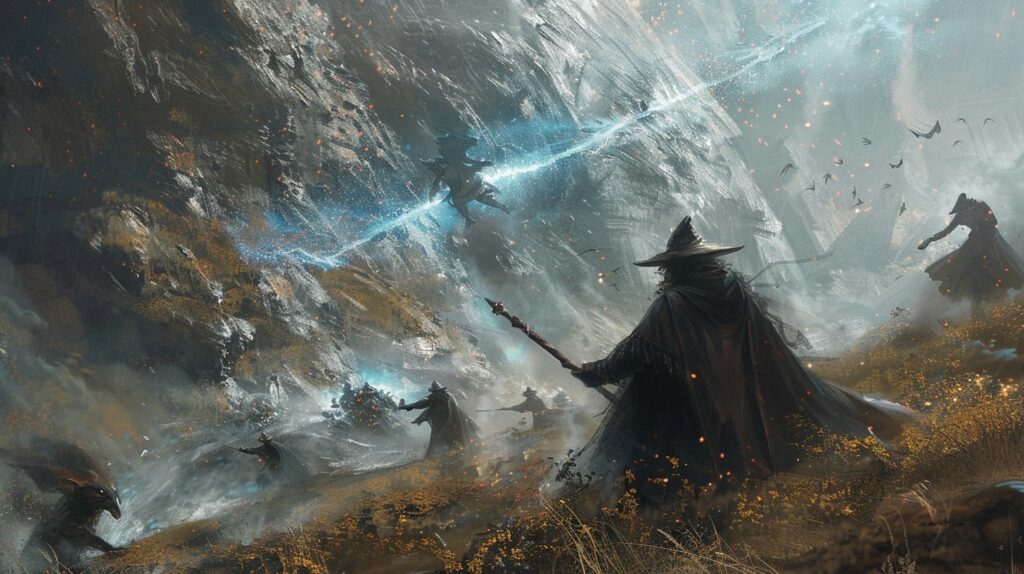
Balancing Magic and Limitations
To create a captivating and well-rounded magic system, it's essential to establish a balance between the incredible powers of magic and the limitations that keep it in check. This balance adds depth and realism to your world and prevents magic from becoming an all-powerful force. Here are three key aspects to consider when balancing magic in your system: magic's price or consequence, limitations and restrictions, and power scaling and progression.
Magic's Price or Consequence
In any compelling magic system, there should be a price or consequence associated with the use of magic. This can range from physical exhaustion, mental strain, or even moral repercussions. By incorporating a cost for wielding magic, you create a sense of tension and make the stakes higher for your characters. Additionally, this cost adds depth to your world and encourages strategic and thoughtful use of magic.
Table: Examples of Magic's Price or Consequence
| Magic System | Price or Consequence |
|---|---|
| Elemental Magic | Drainage of energy corresponding to the element used |
| Blood Magic | Sacrifice of life force or vitality |
| Arcane Magic | Corruption of the user's soul |
| Divine Magic | Alignment with the deity's will and adherence to a strict code |
Limitations and Restrictions
Setting clear limitations and restrictions on magic is crucial for maintaining balance and preventing magic from becoming too overpowered. Limitations can take the form of specific conditions, such as requiring certain materials, gestures, or rituals to cast spells. Restrictions can include limitations on the range, duration, or intensity of magical effects. By defining these boundaries, you create opportunities for conflict, problem-solving, and character development within your story.
Table: Examples of Limitations and Restrictions
| Magic System | Limitations and Restrictions |
|---|---|
| Nature-based Magic | Can only manipulate natural elements within a specific radius |
| Ritualistic Magic | Requires a complex and time-consuming ritual to perform powerful spells |
| Light Magic | Ineffective or weakened in darkness or shadowy environments |
| Dark Magic | Drains the user's life force with each use |
| Divine Magic | Can only be used for self-defense or to aid others |
Power Scaling and Progression
To maintain a sense of progression and prevent magic from becoming stagnant, it's important to establish a system for power scaling and growth. This allows your characters to start with limited abilities and gradually develop their magical skills over time. By setting milestones or levels of mastery, you create a sense of achievement and reward for your characters' efforts. Additionally, power scaling can help maintain balance in your world, as more powerful spells or abilities require greater mastery or sacrifices.
Table: Examples of Power Scaling and Progression
| Magic System | Power Scaling and Progression |
|---|---|
| Elemental Magic | Unlocking higher elements or gaining control over more complex elemental combinations |
| Arcane Magic | Advancing through ranks or levels of arcane knowledge |
| Blood Magic | Sacrificing more potent life forces for stronger spells |
| Divine Magic | Earning the favor of the deity and receiving divine blessings |
By carefully considering the price or consequence of magic, establishing limitations and restrictions, and incorporating a system of power scaling and progression, you can create a well-balanced and captivating magic system. Remember to keep the rules and mechanics of your magic system consistent and coherent throughout your worldbuilding. For further inspiration and ideas, check out our article on magic system concepts.
Enhancing Magic with Worldbuilding
To create a rich and immersive fantasy world, it's important to consider how magic impacts various aspects of your setting. Magic has the potential to shape cultures, societies, and even drive conflicts. In this section, we will explore how magic can enhance your worldbuilding by examining its cultural impact, influence on society, and role in conflict and politics.
Magic's Cultural Impact
Magic can have a profound influence on the cultural fabric of your world. Different societies may have unique beliefs, traditions, and rituals surrounding the use of magic. Some cultures may revere magic users as esteemed figures, while others might fear and shun them. These cultural attitudes can shape the way magic is practiced, perceived, and regulated within a society.
By exploring the cultural impact of magic, you can delve into the customs, ceremonies, and folklore associated with it. Consider how magic is integrated into daily life, religious practices, and even art forms. This exploration adds depth and authenticity to your world, making it more engaging for your readers.
Magic's Influence on Society
Magic can have far-reaching effects on the social structure of your world. Powerful magic users may hold positions of authority or be members of exclusive magical guilds. This influence can create power dynamics and hierarchies within society. Consider how magic affects social mobility, opportunities for non-magic users, and the distribution of resources.
Additionally, magic can play a role in various professions and industries. It may be integrated into agriculture, medicine, or craftsmanship, leading to advancements and specialization in these fields. The availability and accessibility of magic can also create disparities between different social classes, leading to tensions and conflicts.
Magic's Role in Conflict and Politics
Magic can be a catalyst for conflicts and shape the political landscape of your world. Rival factions may vie for control over powerful magical artifacts or locations with magical significance. The possession of certain magical abilities or knowledge might grant individuals political influence or leverage.
Consider how governments and political systems regulate and control magic within their realms. Are there laws and regulations governing its use? Are there factions or organizations that seek to overthrow or exploit the existing magical order? By exploring these dynamics, you can create intricate webs of intrigue and power struggles that add depth and excitement to your story.
By enhancing your worldbuilding with a thorough exploration of magic's cultural impact, influence on society, and role in conflict and politics, you can create a compelling and immersive fantasy world. Remember that the possibilities are endless, and the more thoughtfully you integrate magic into your world, the more it will captivate and engage your readers.

